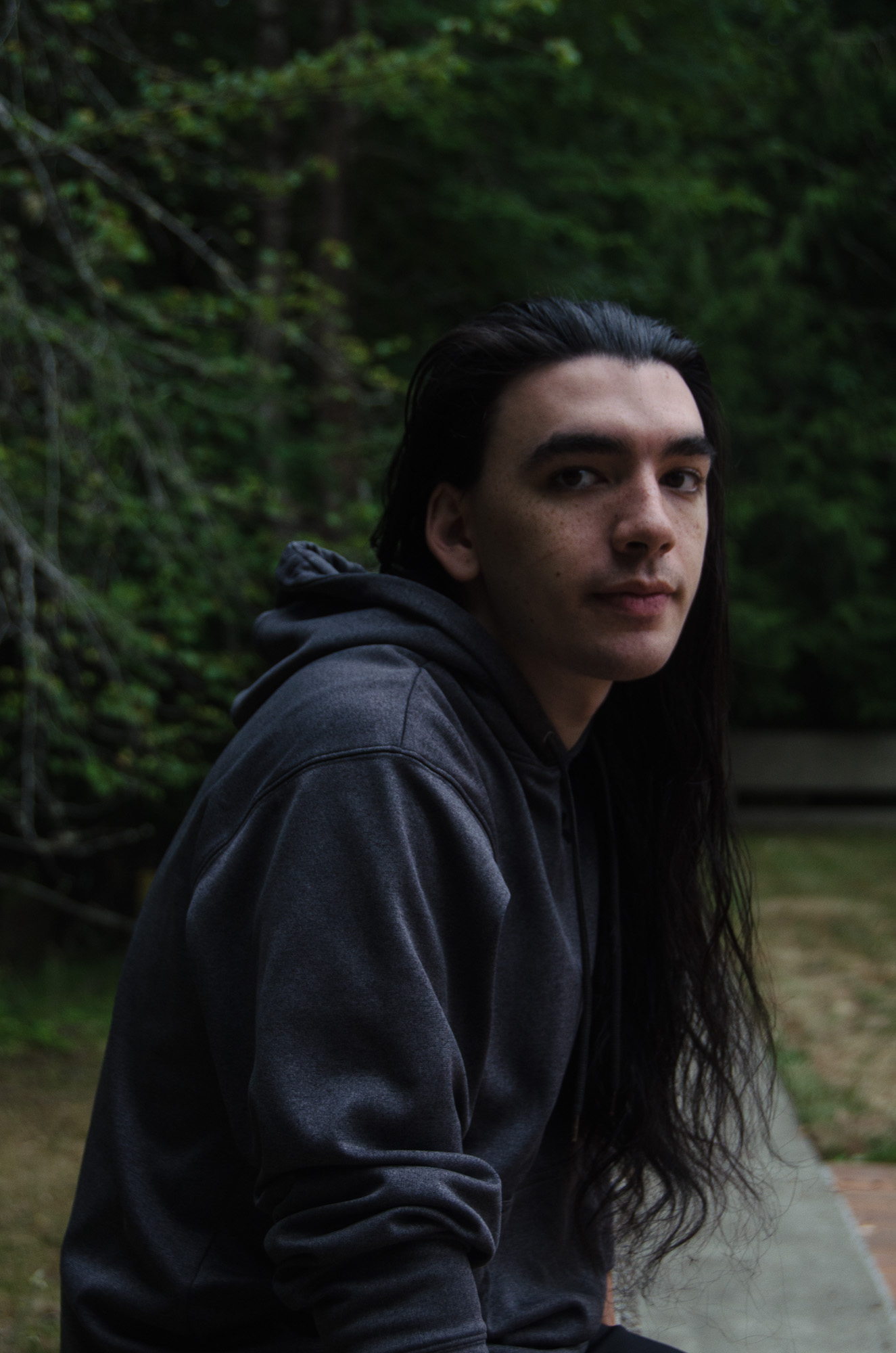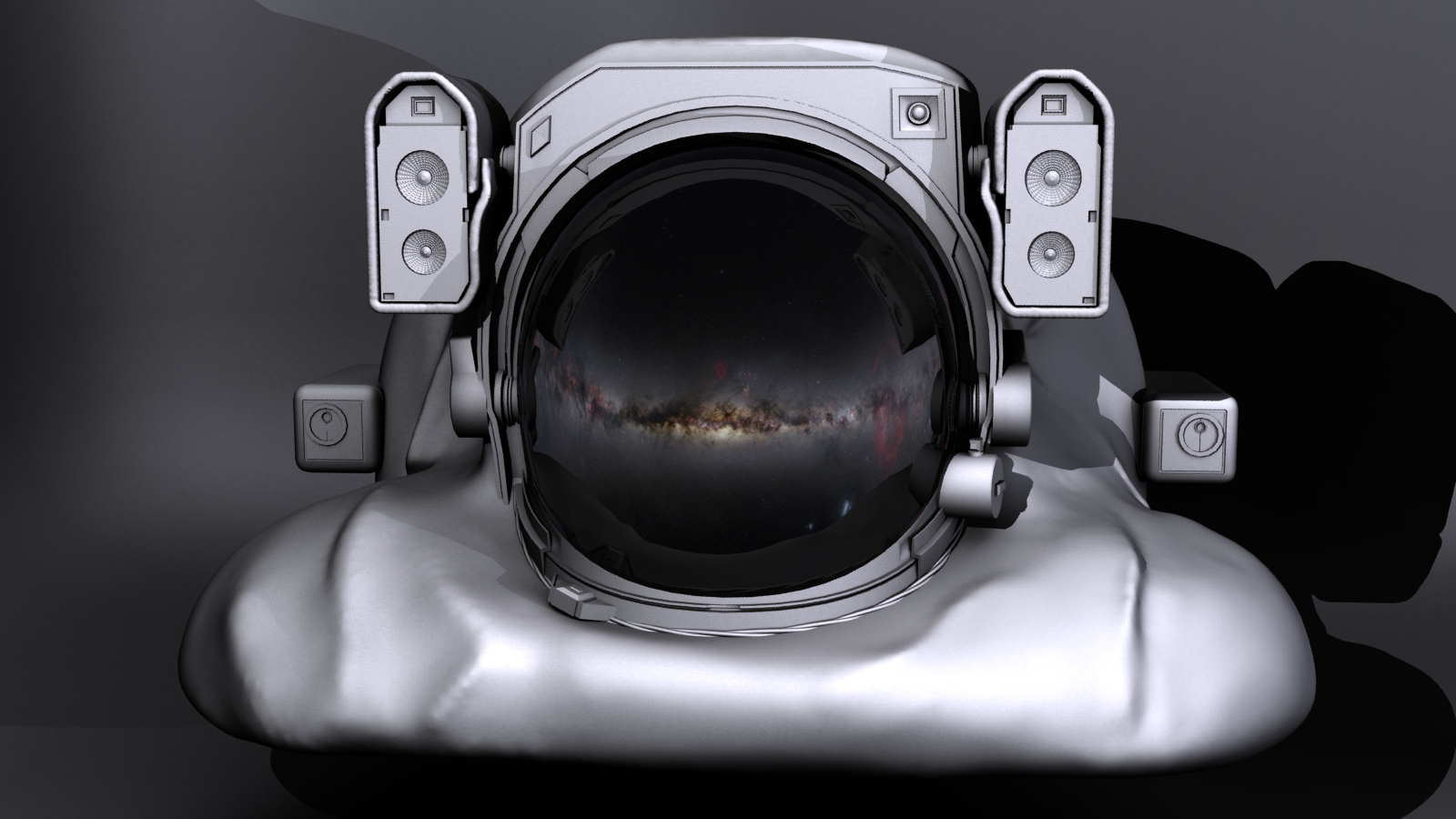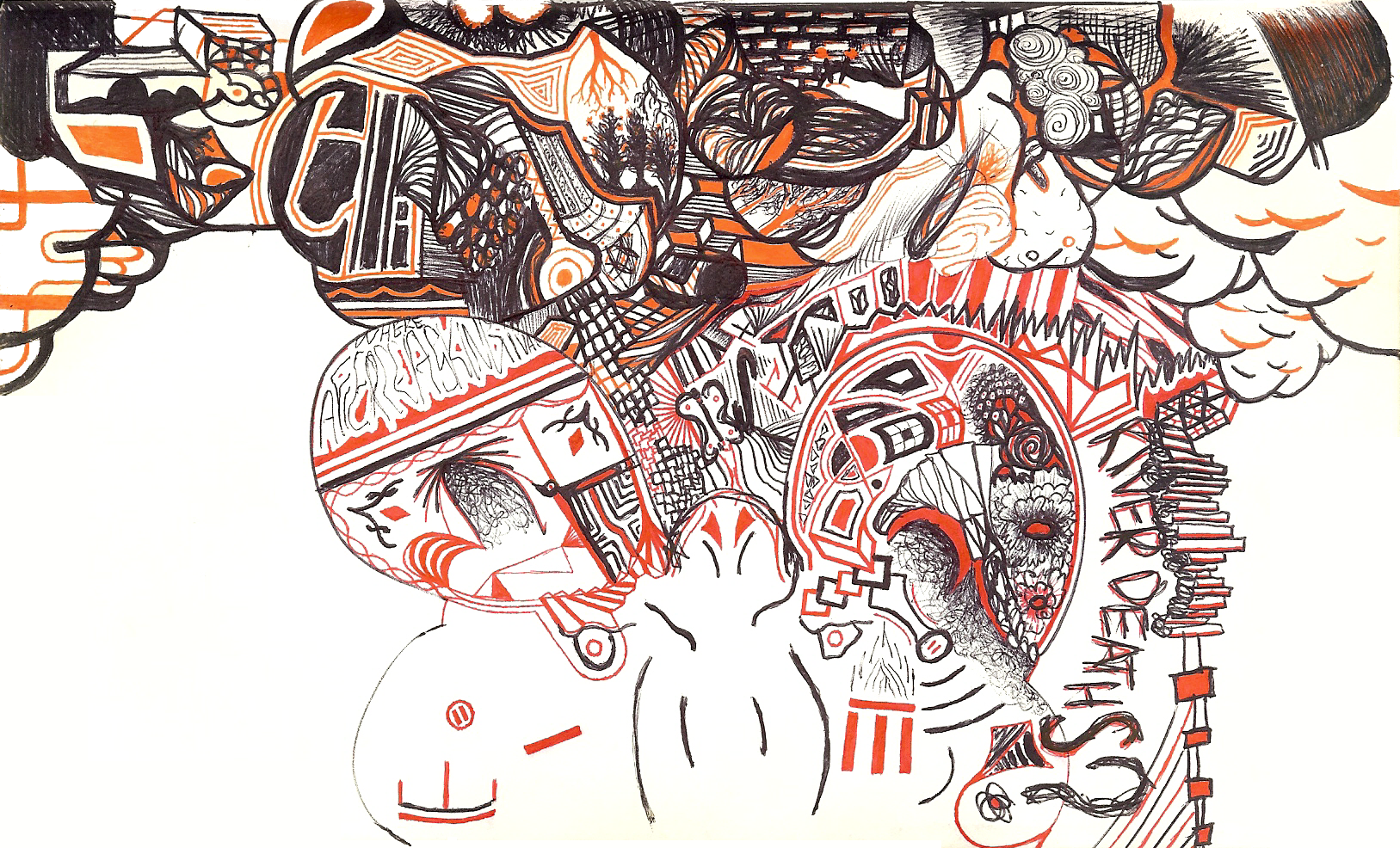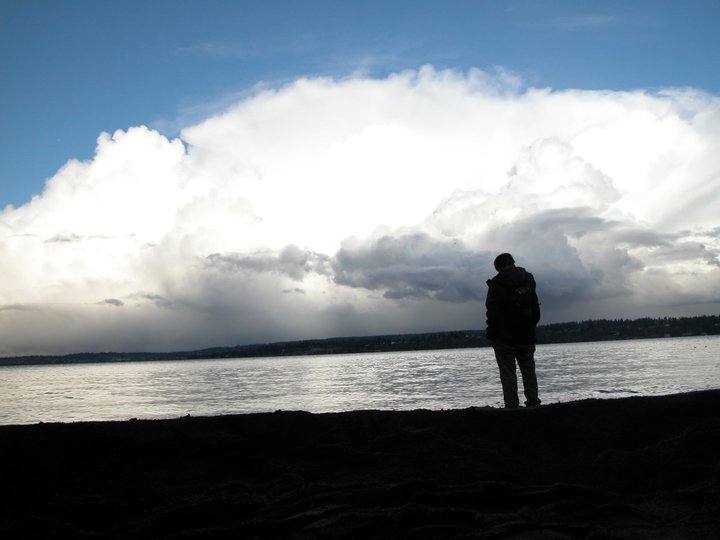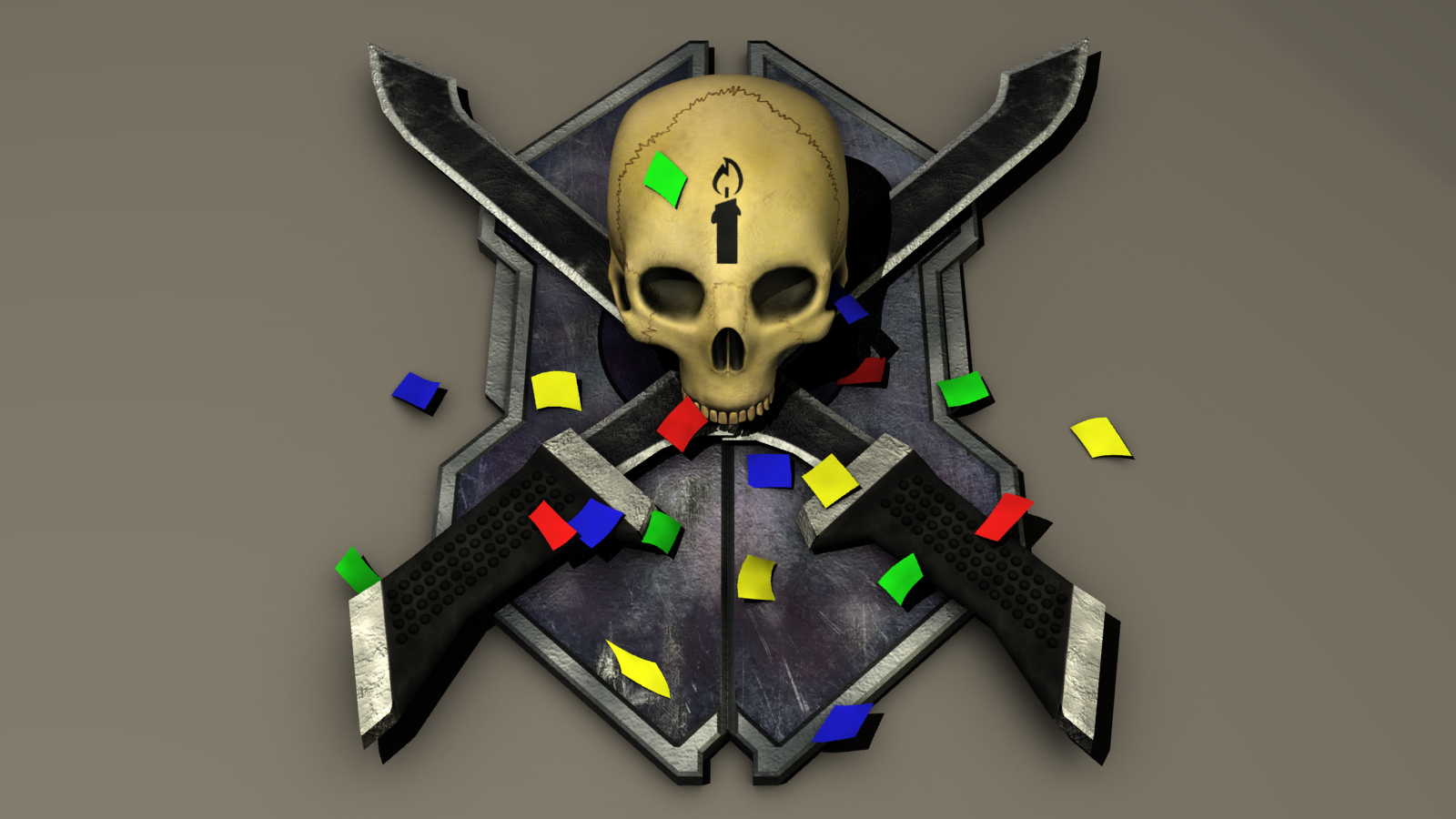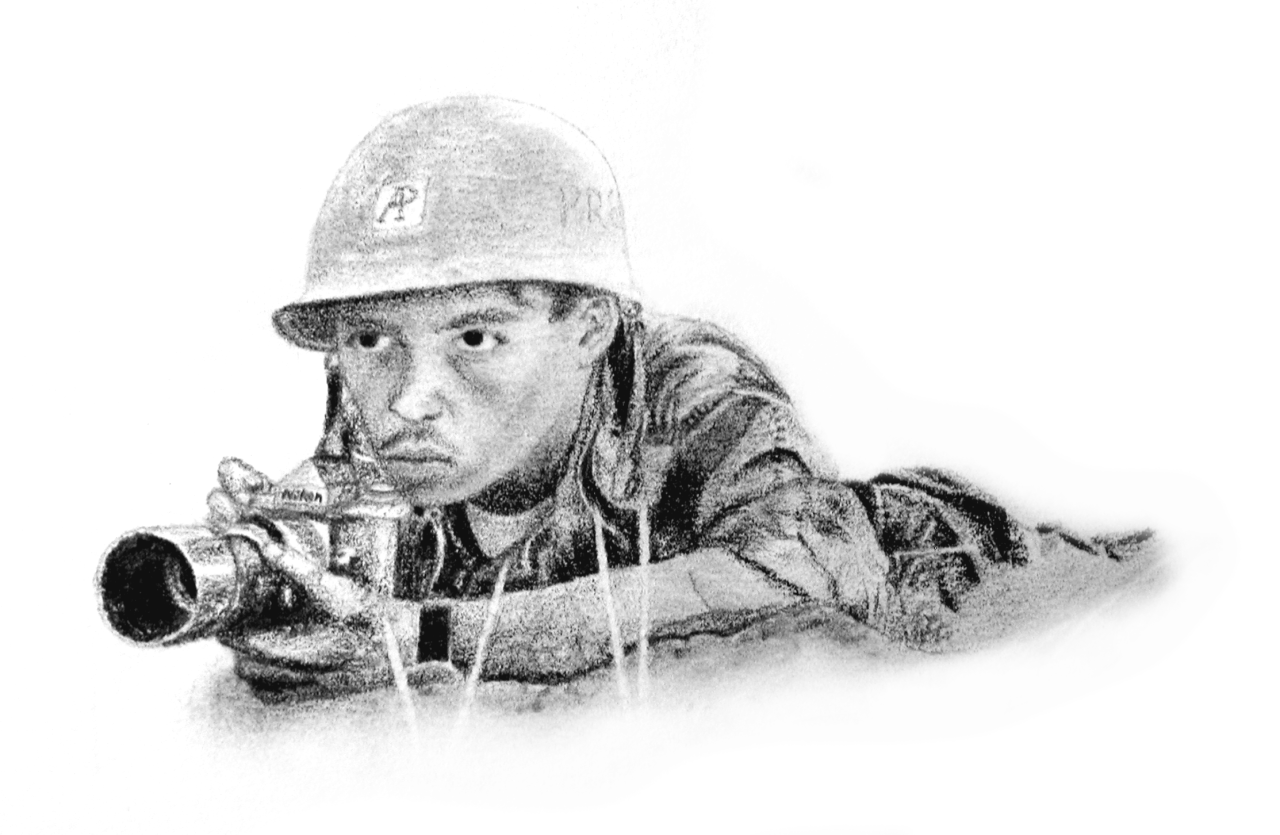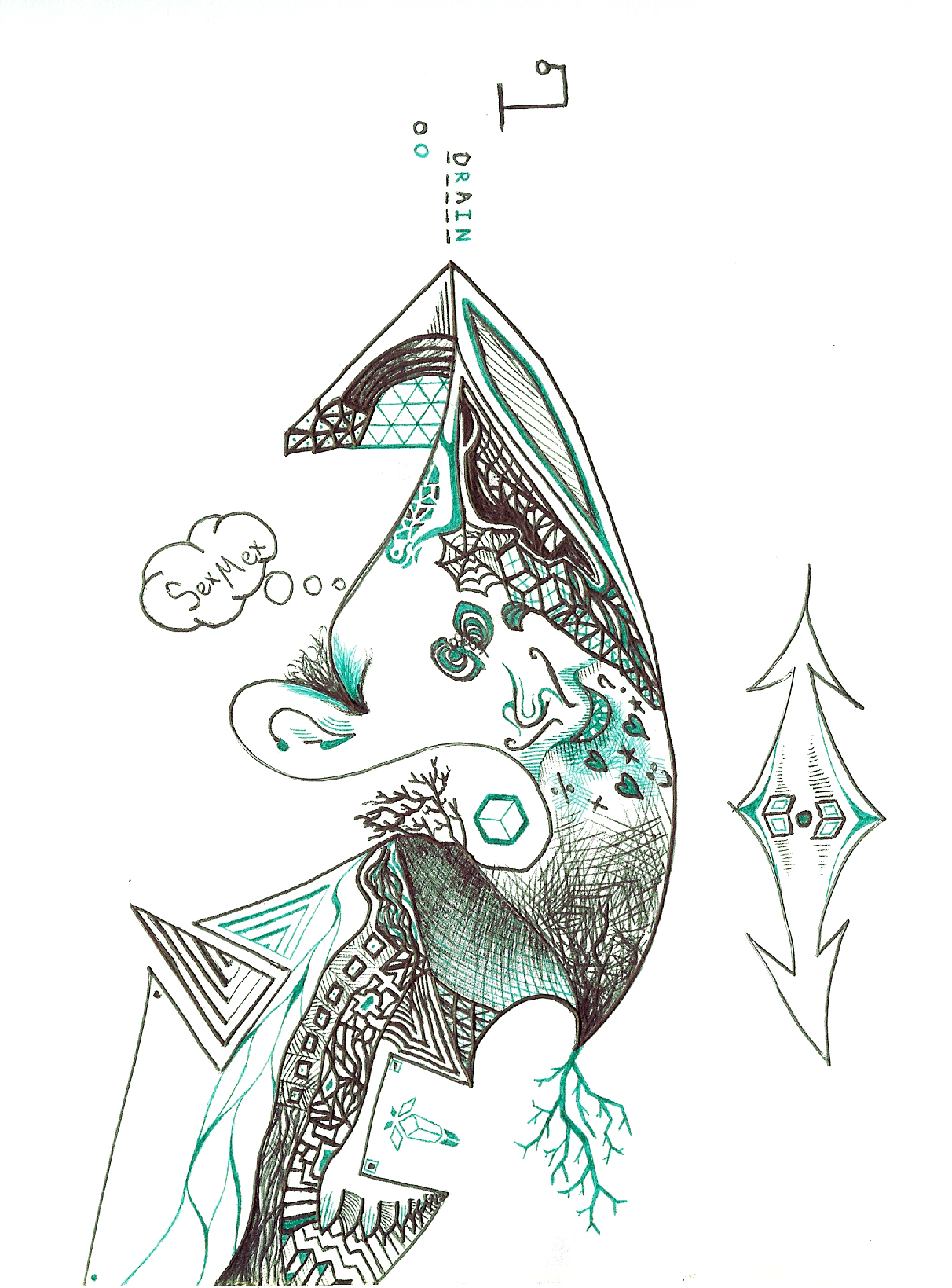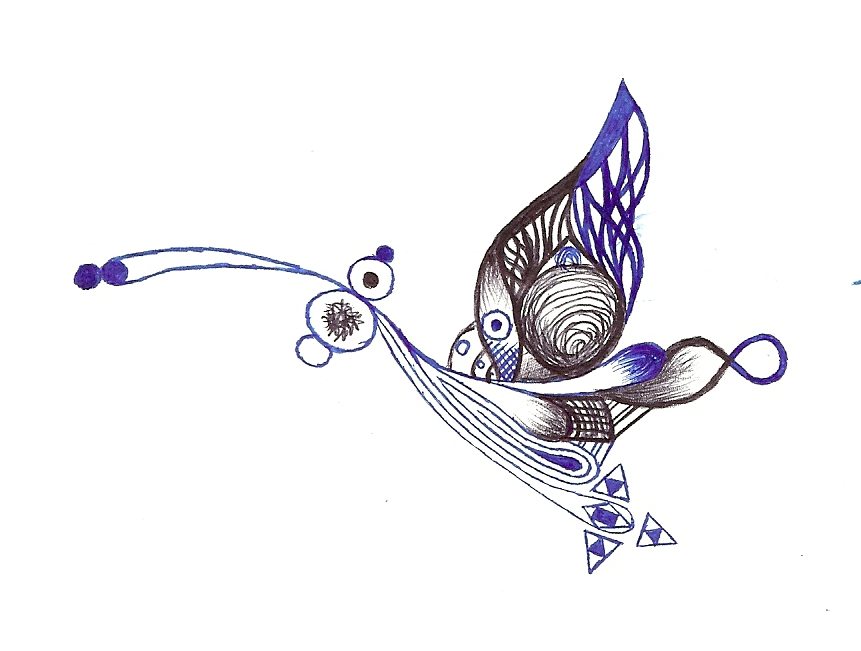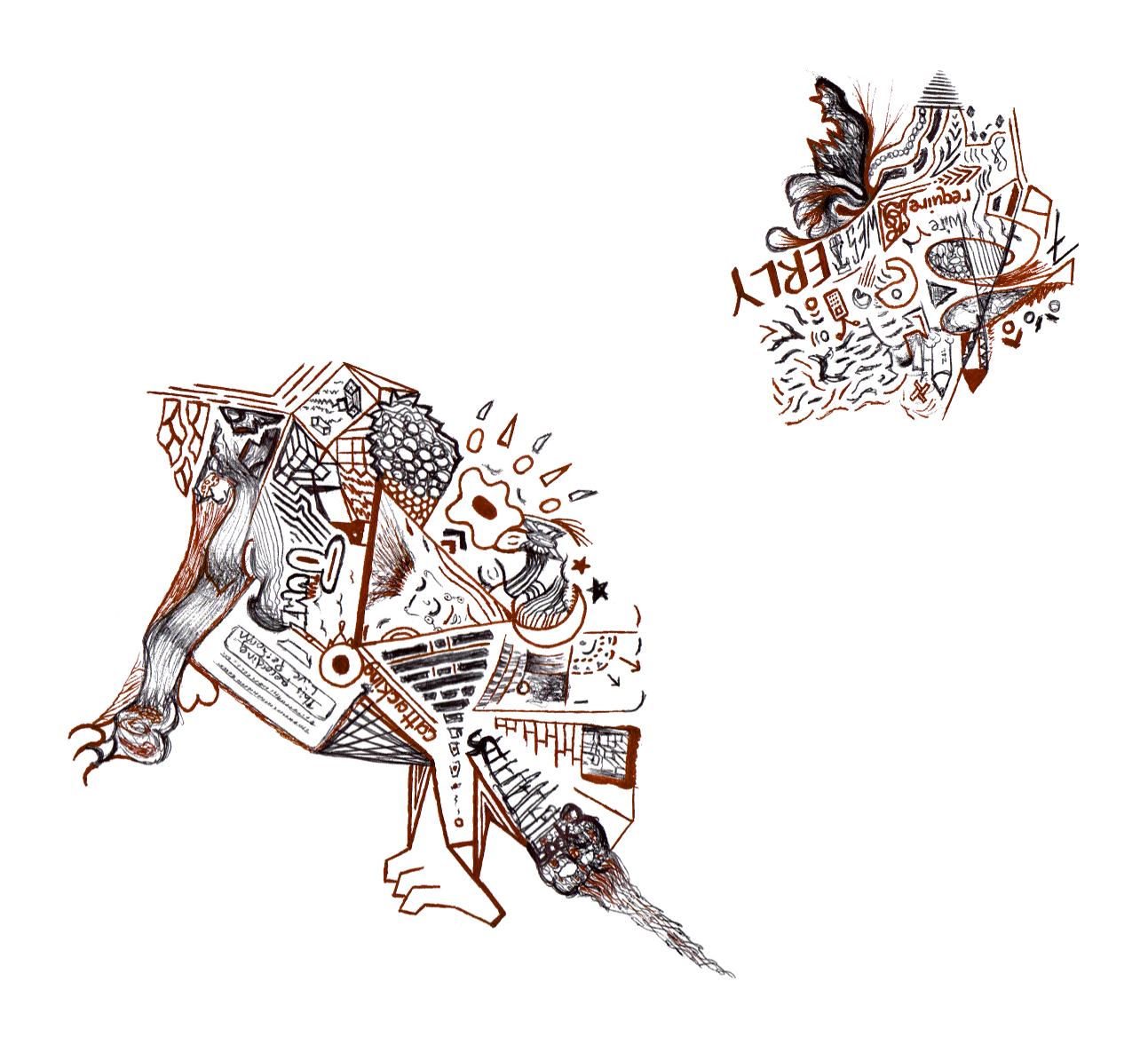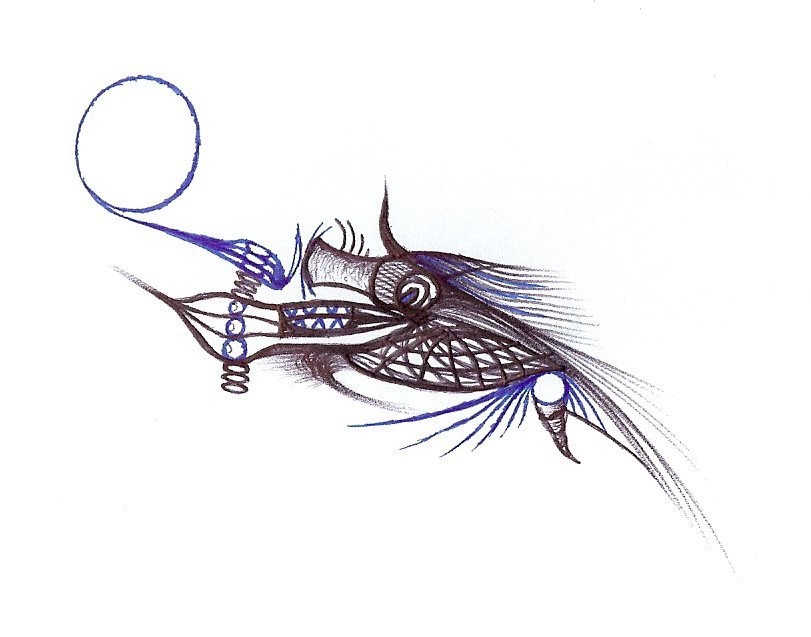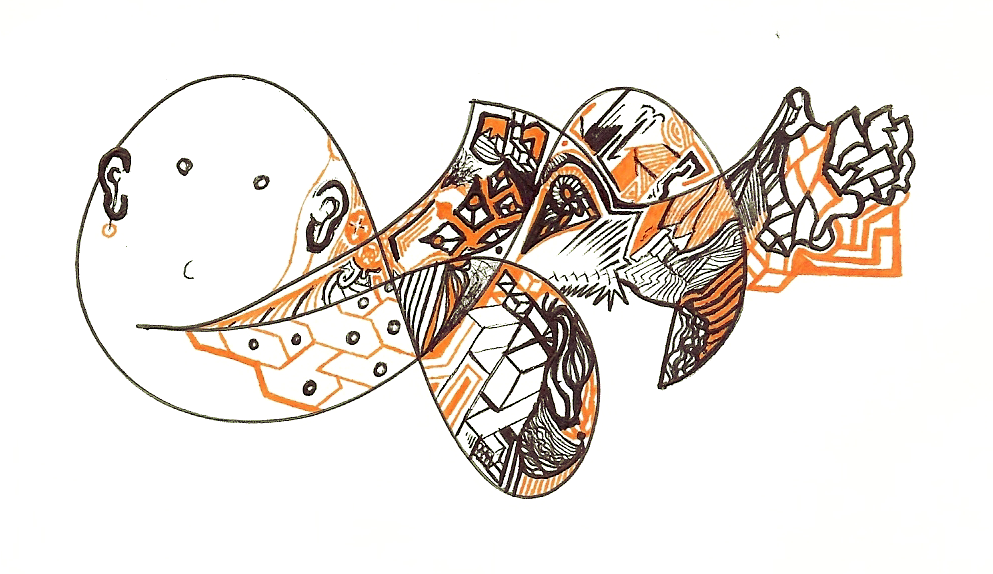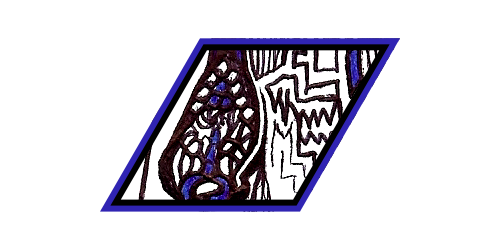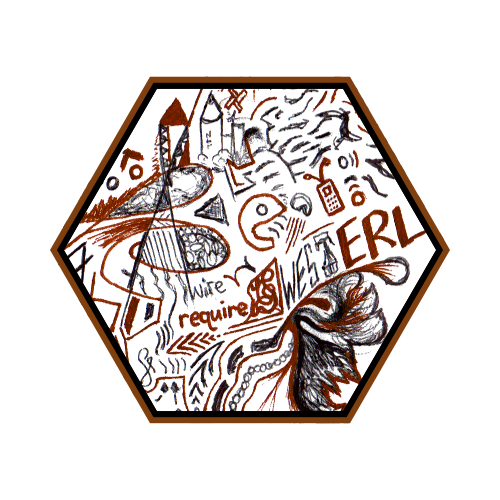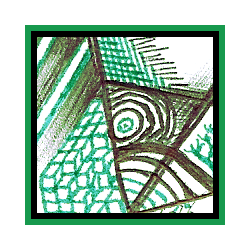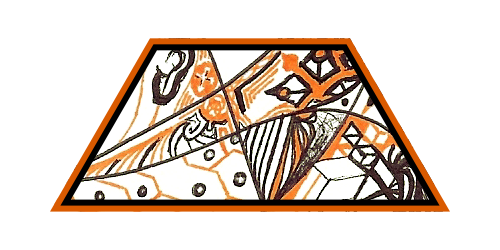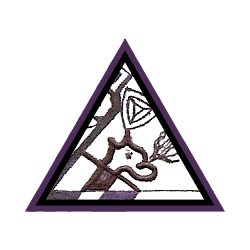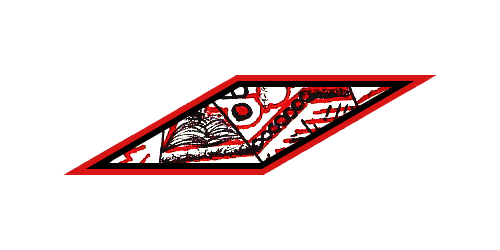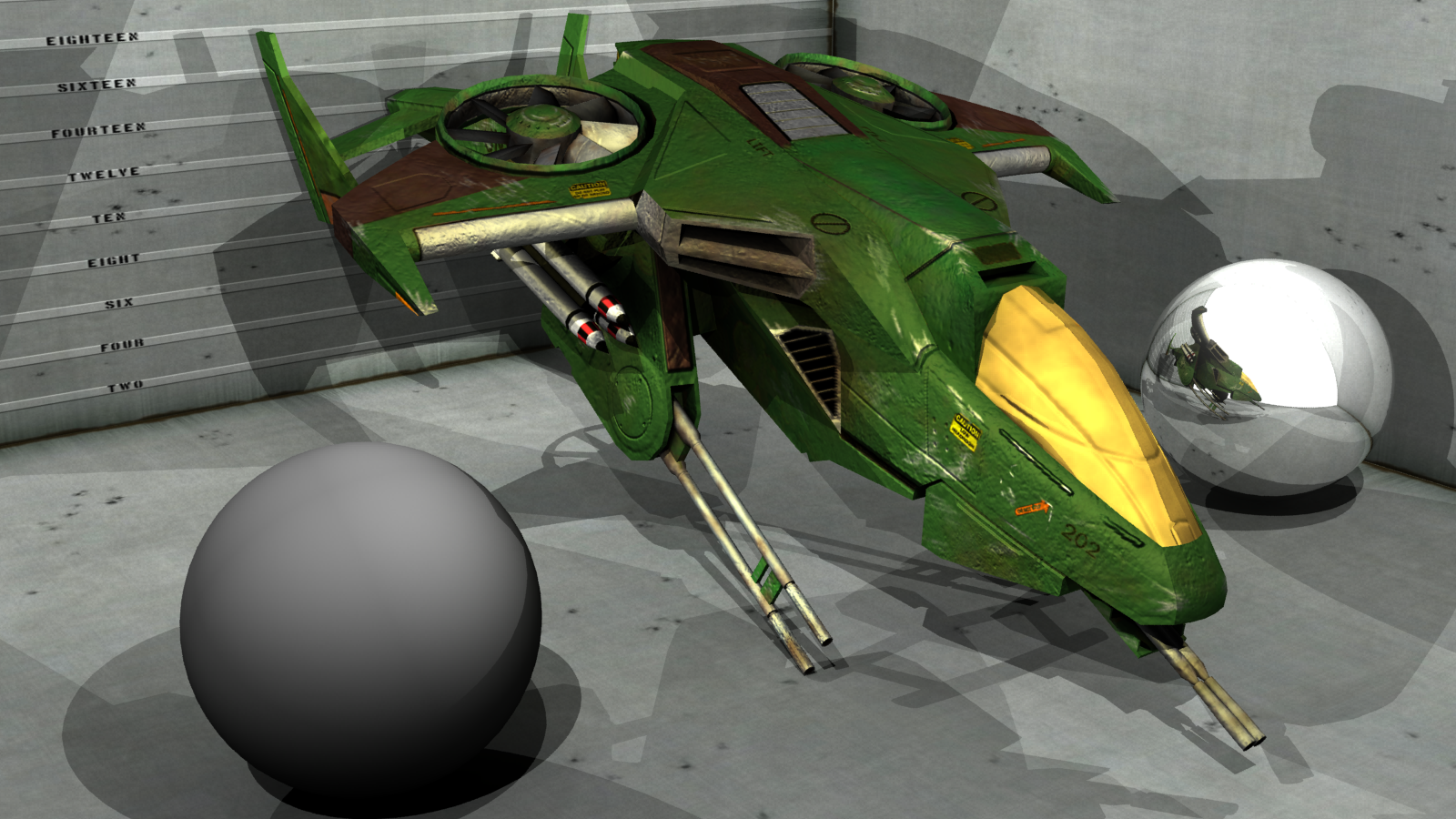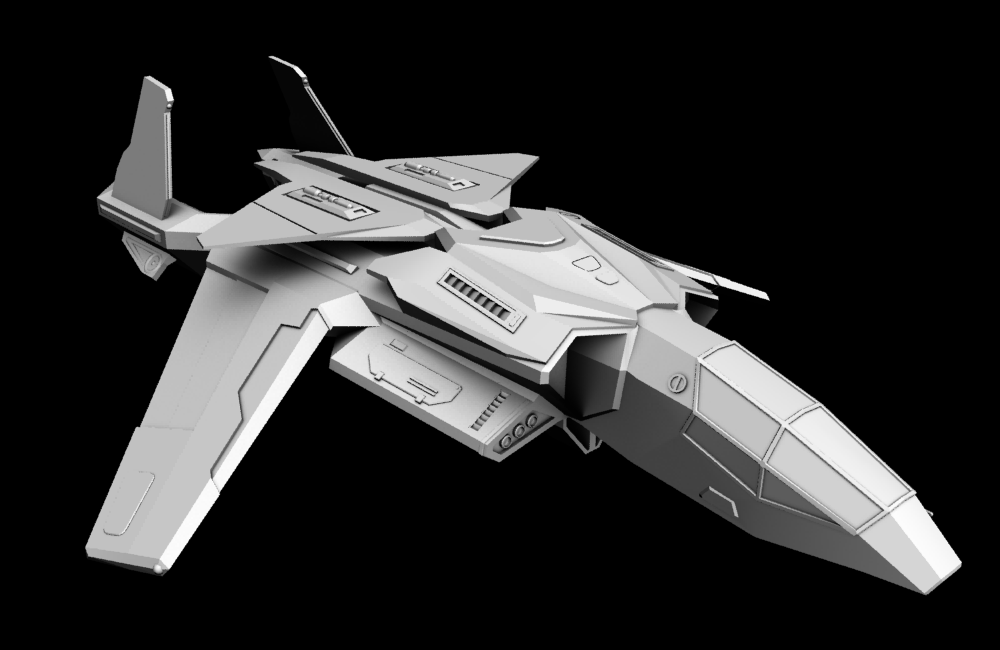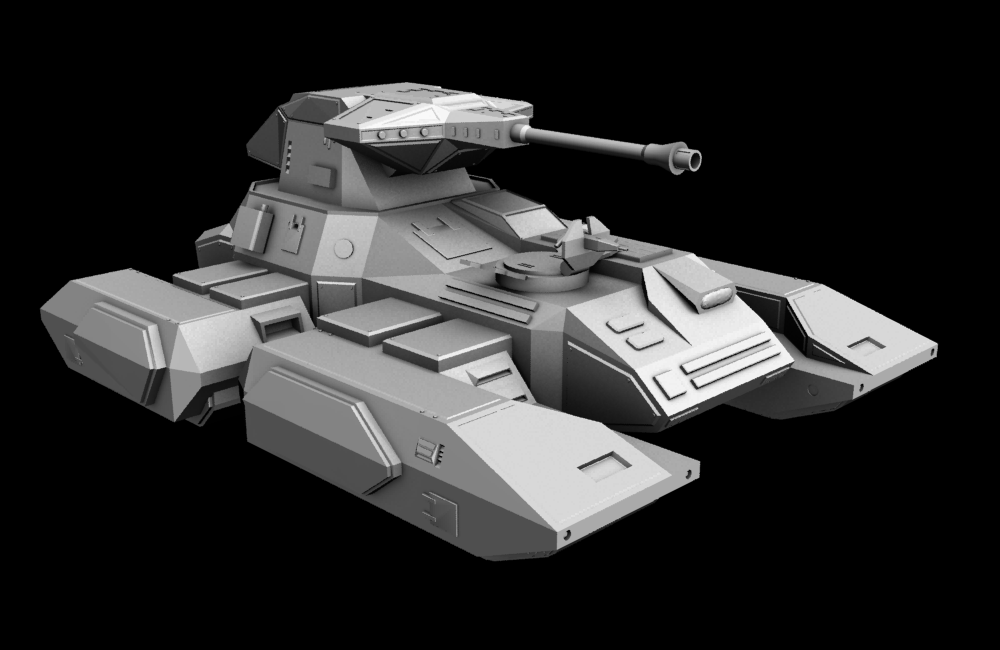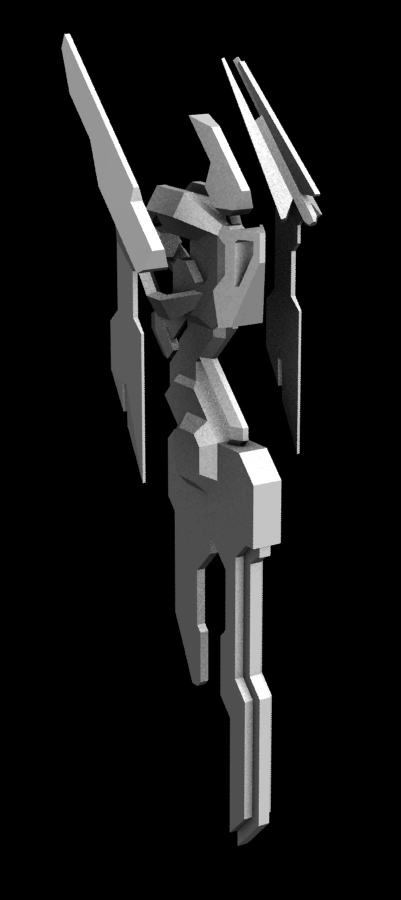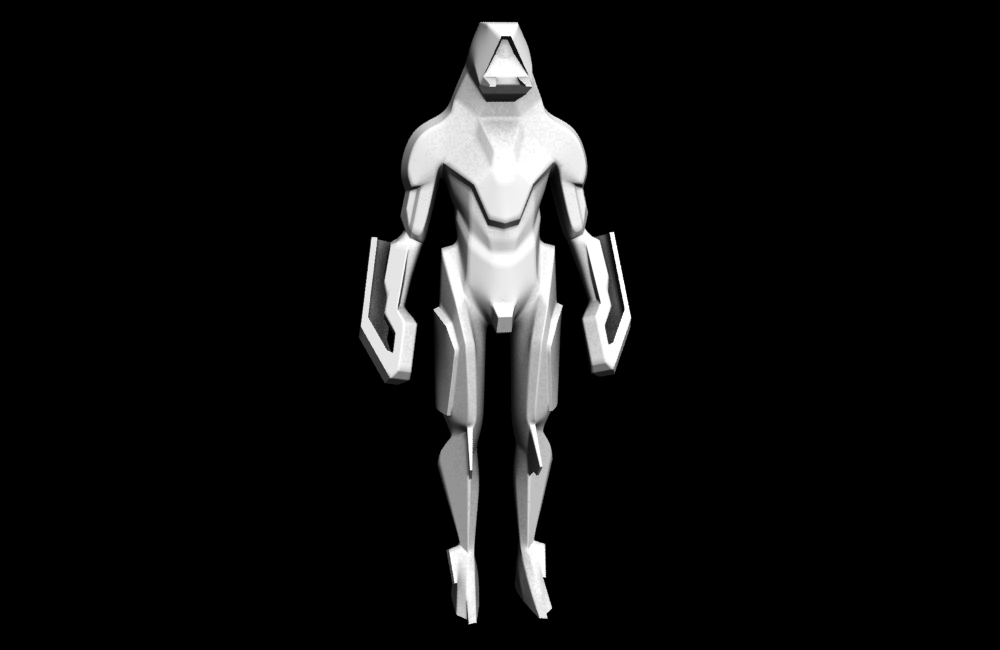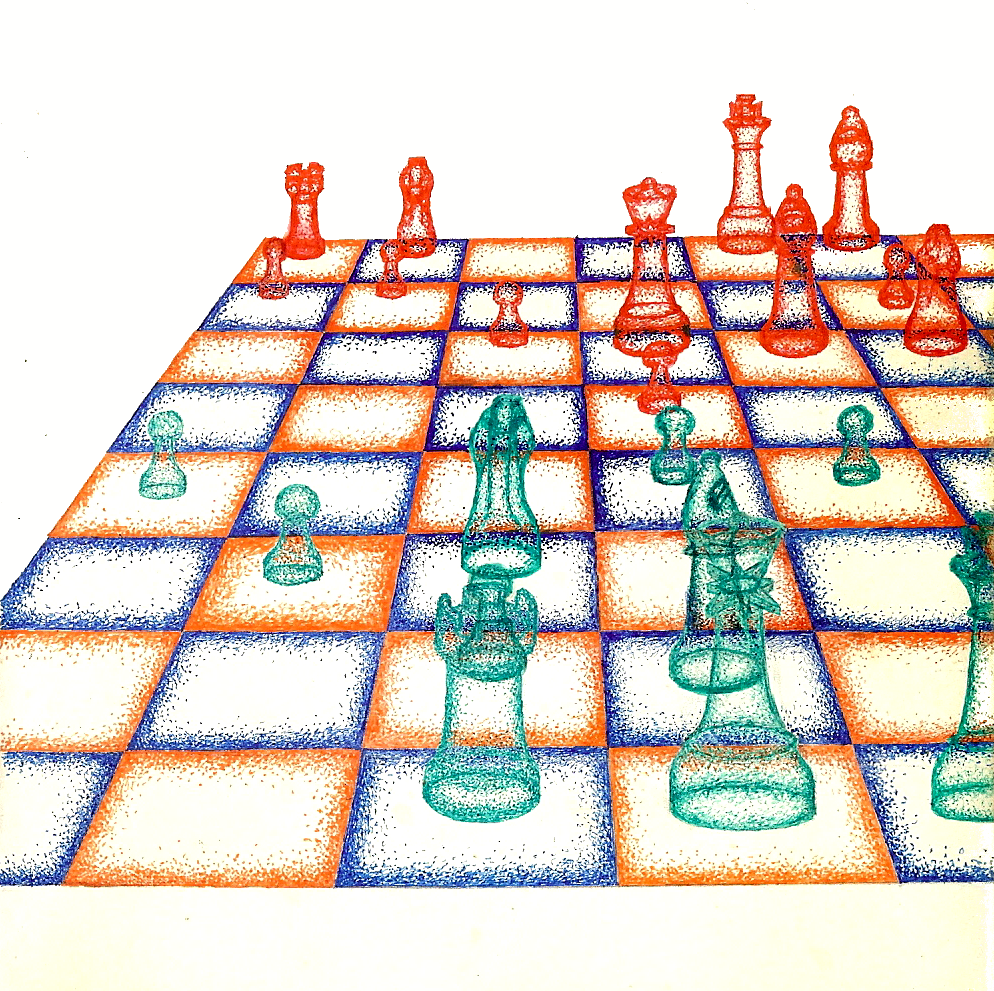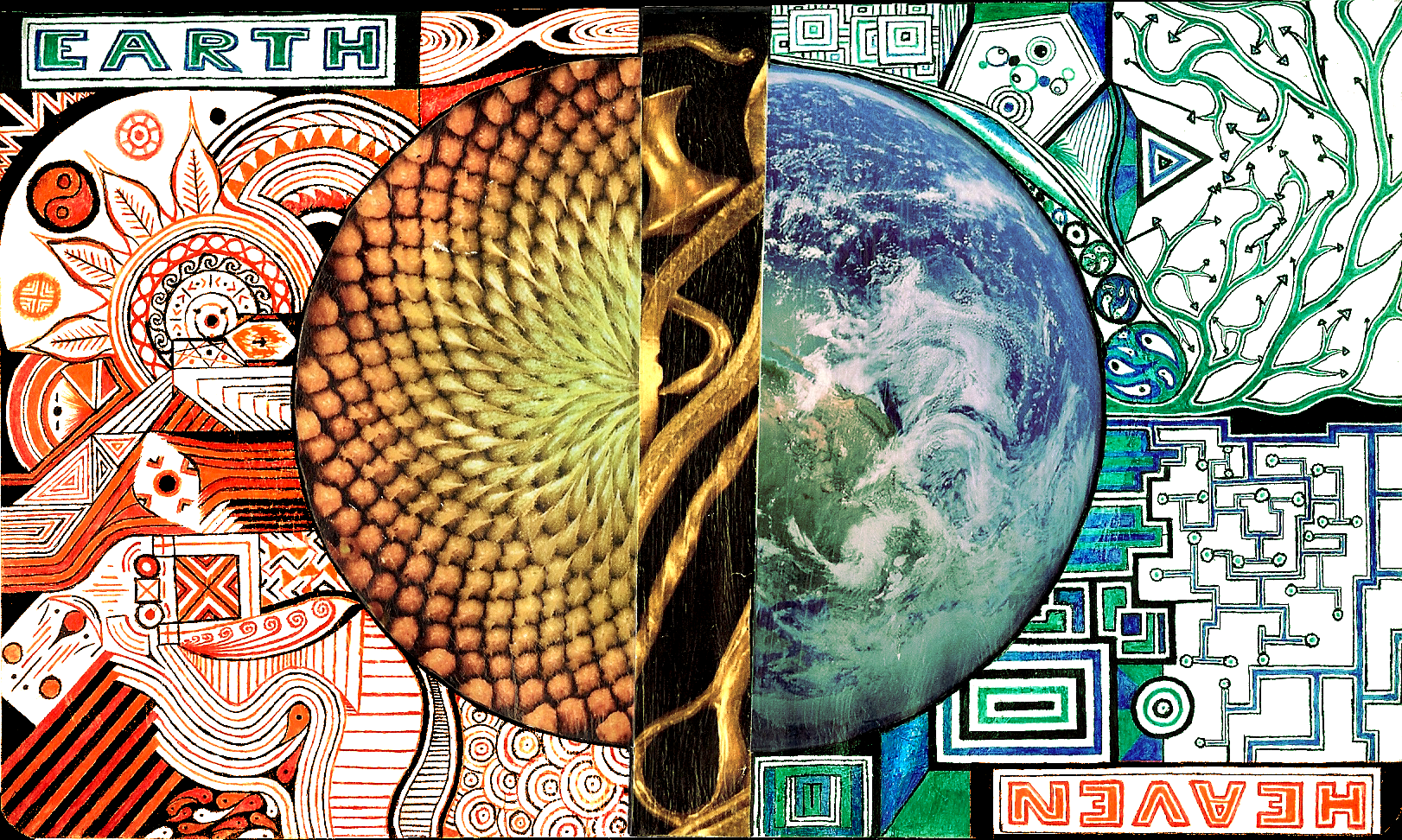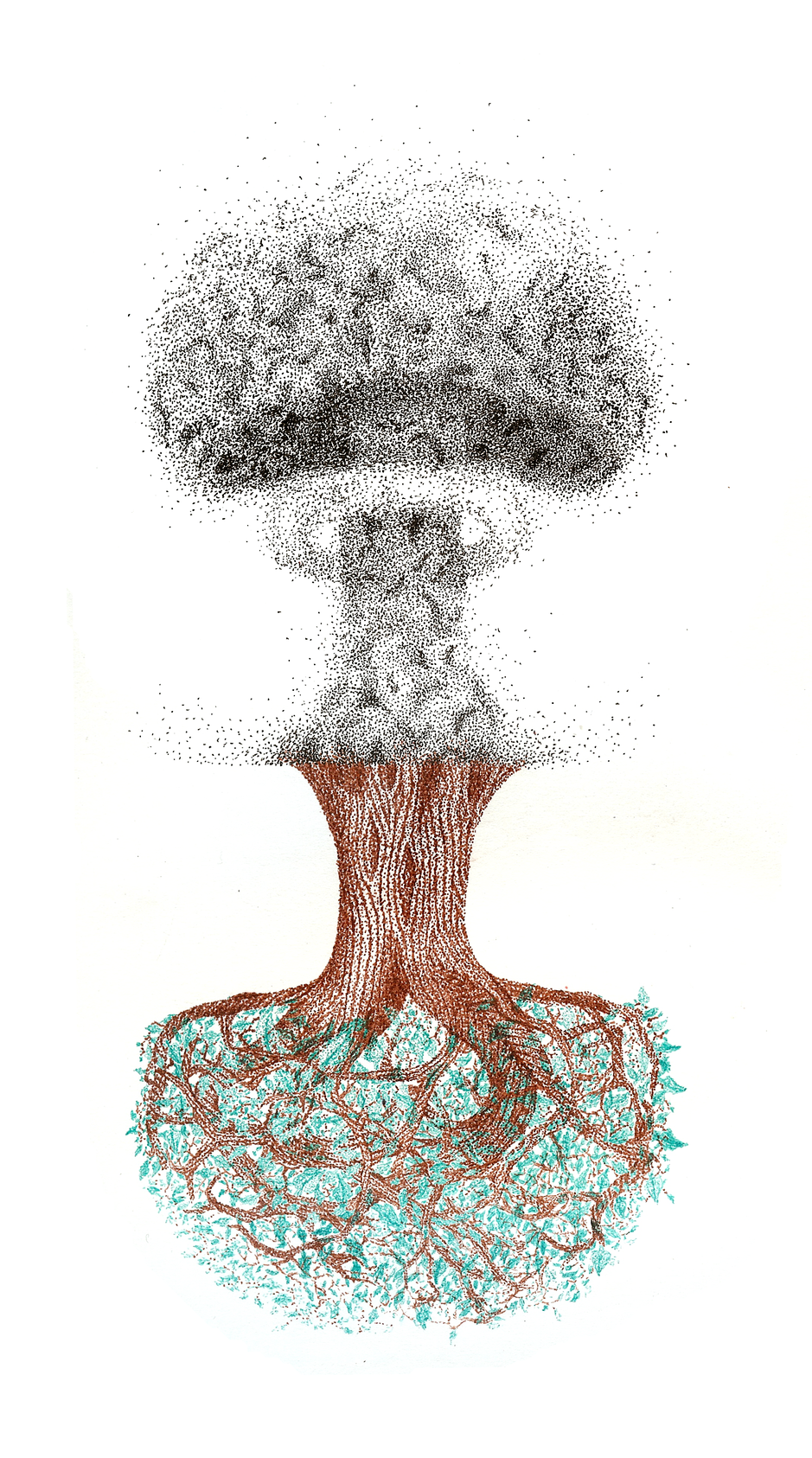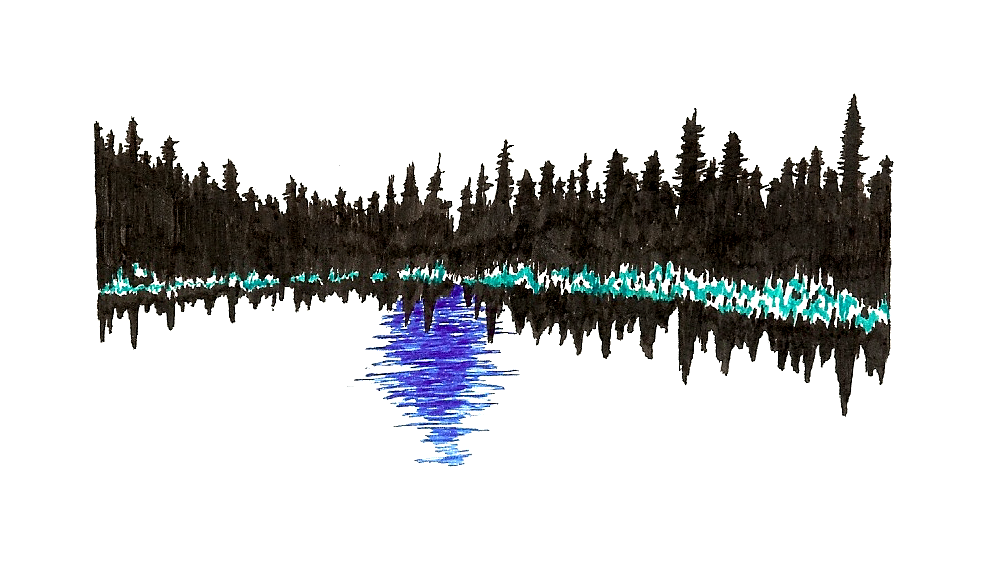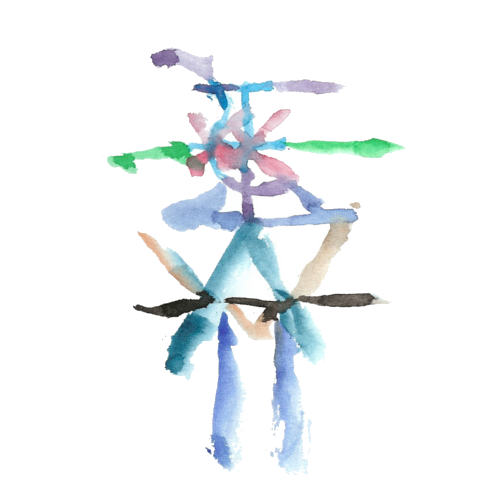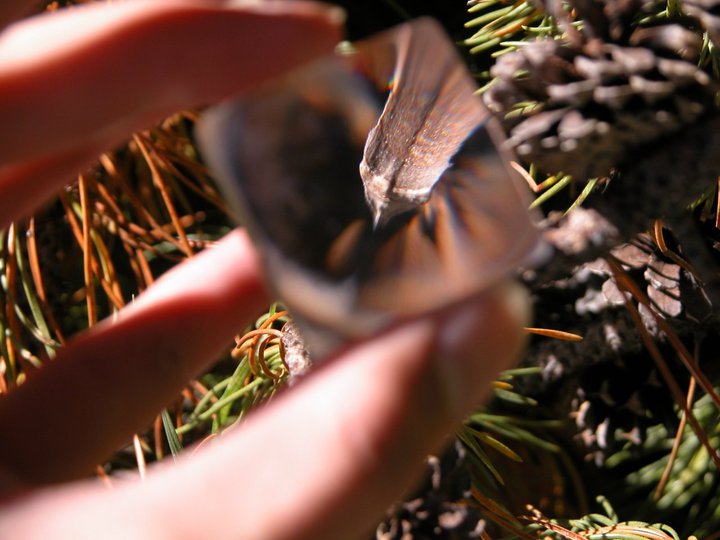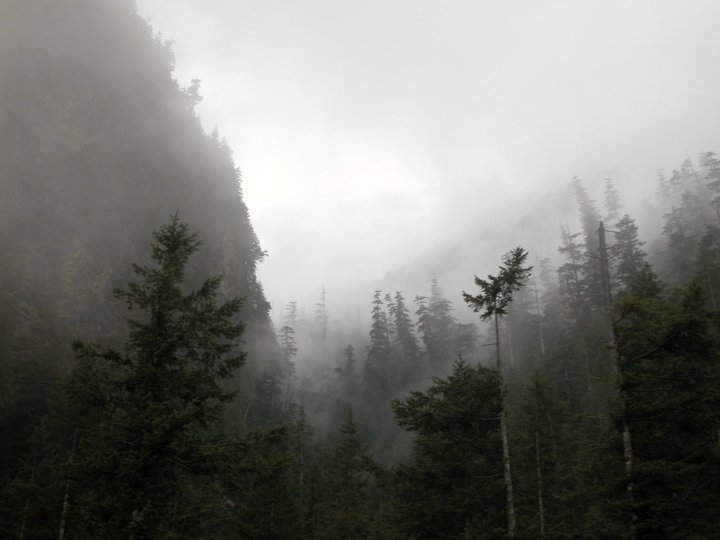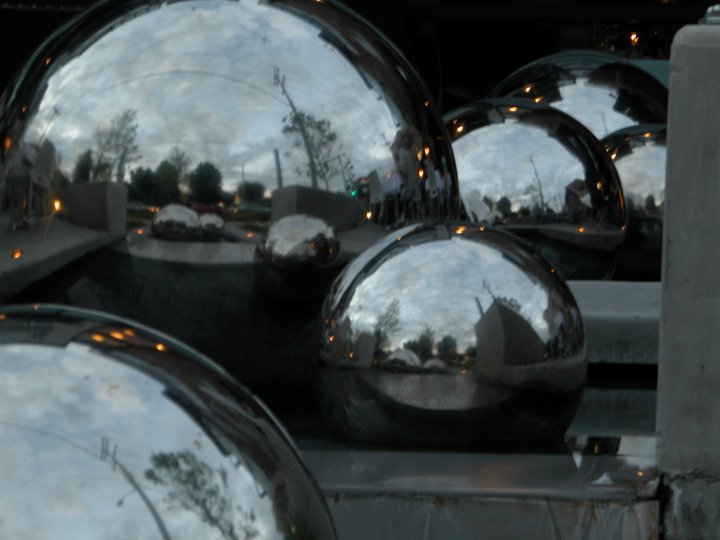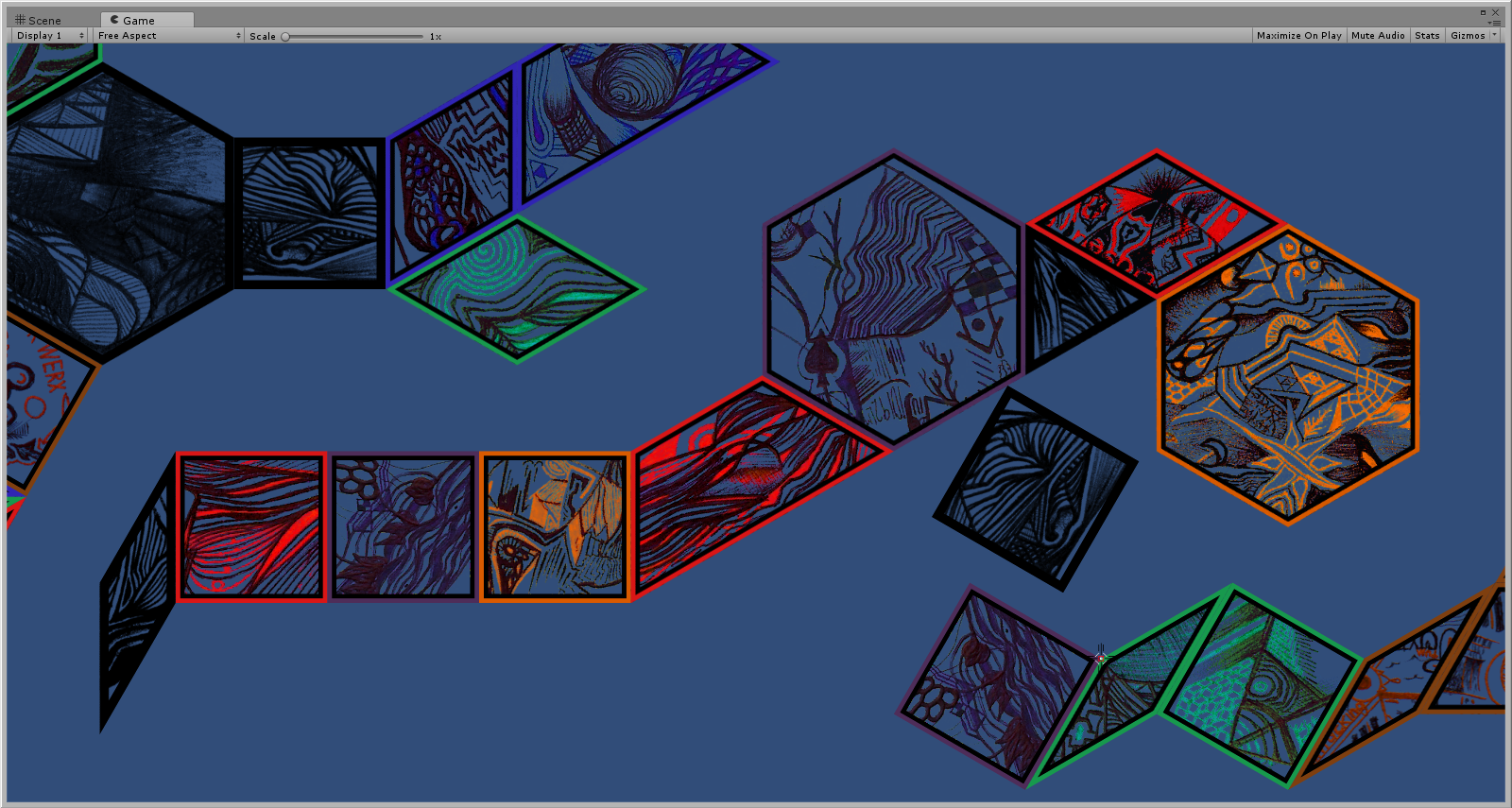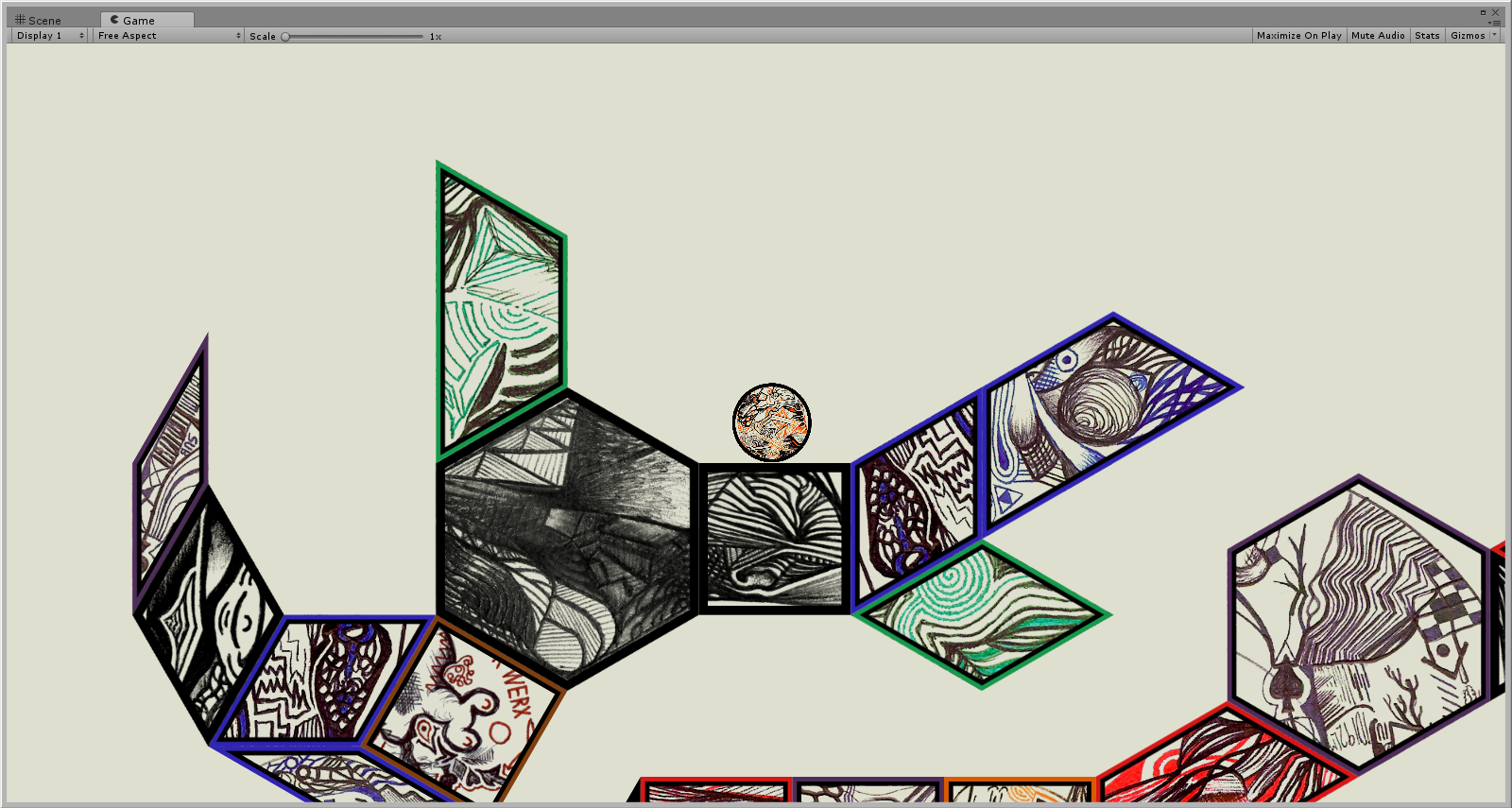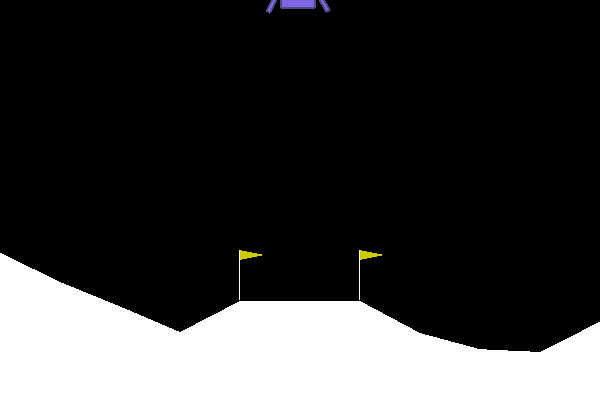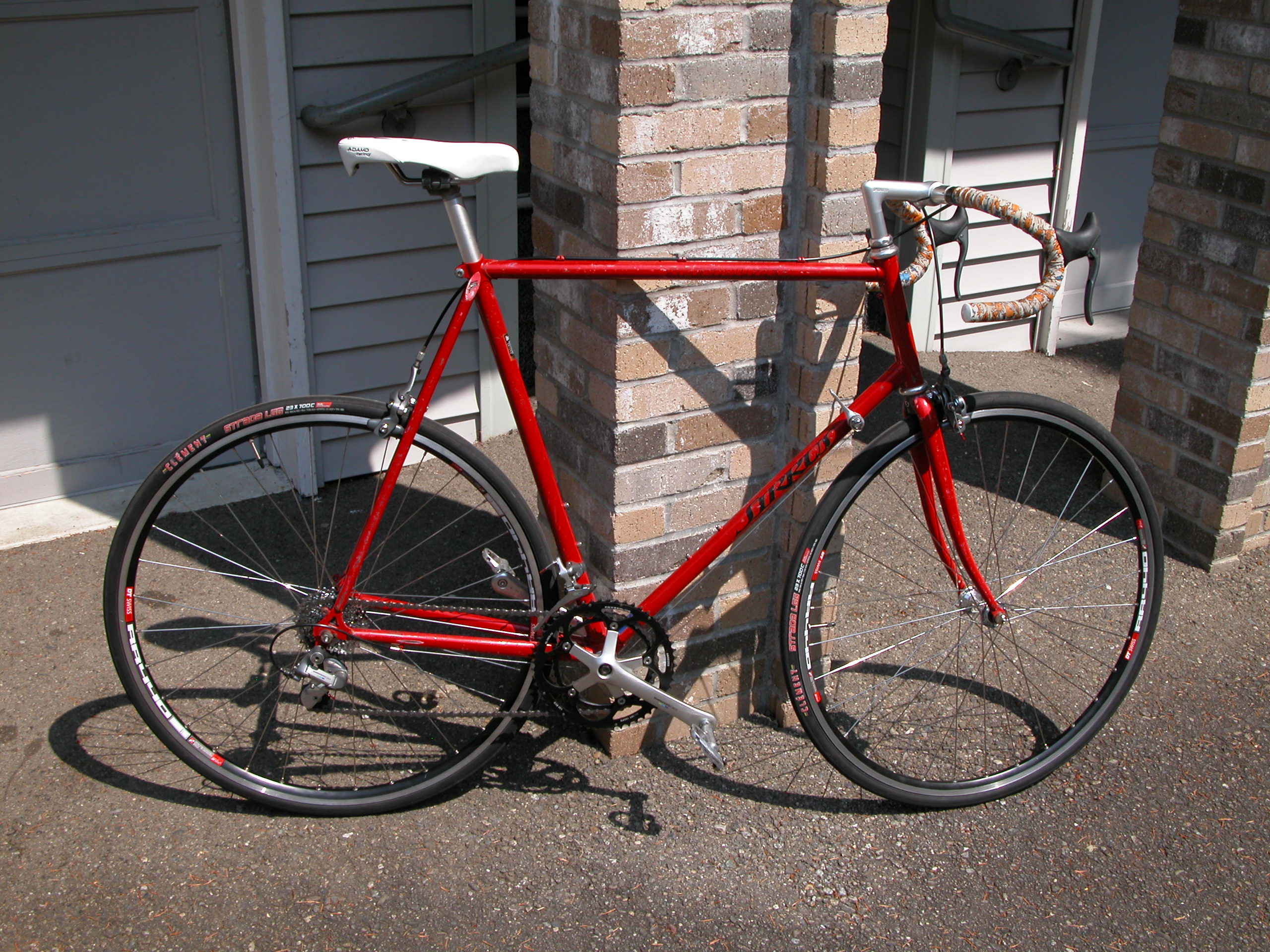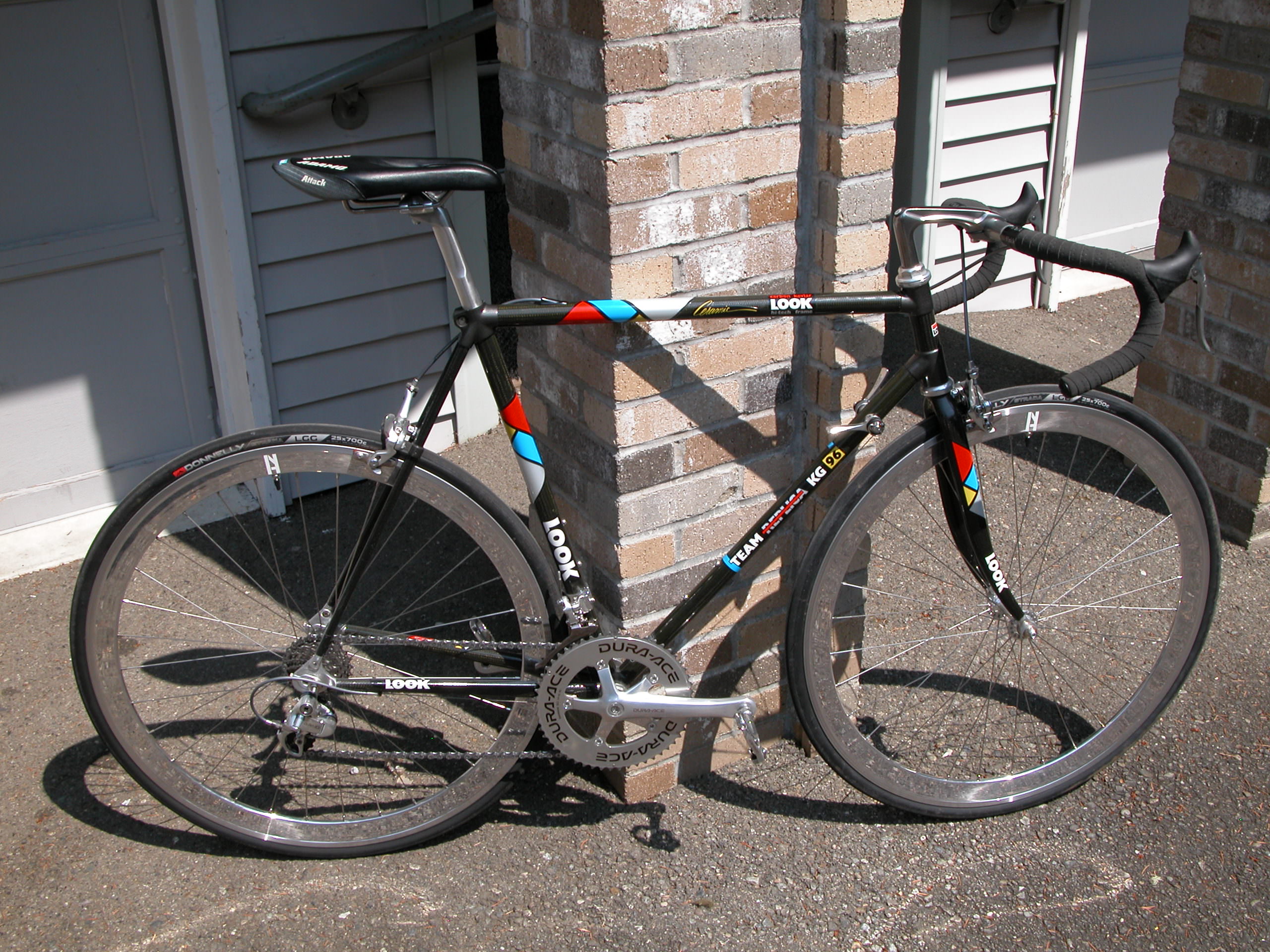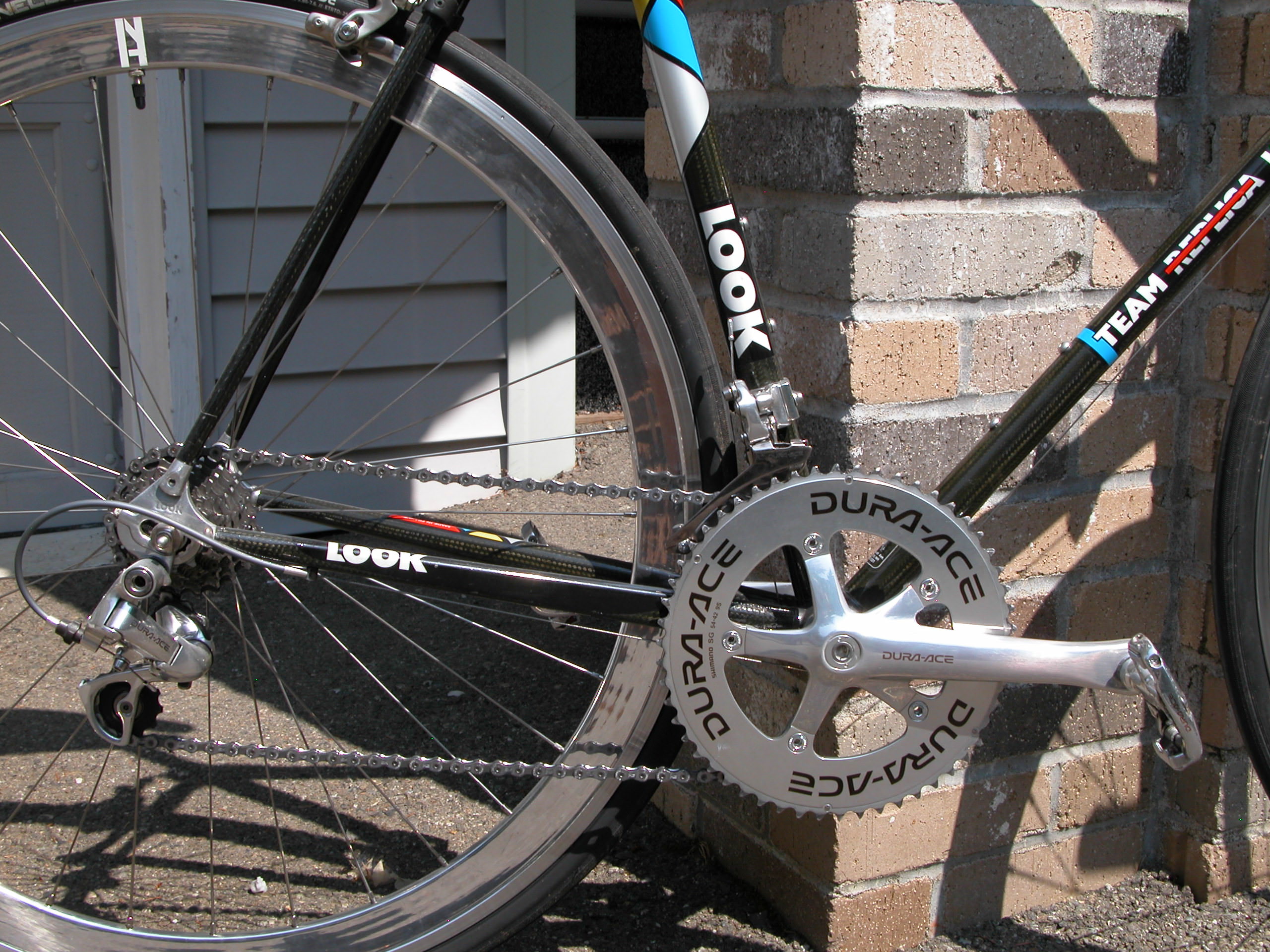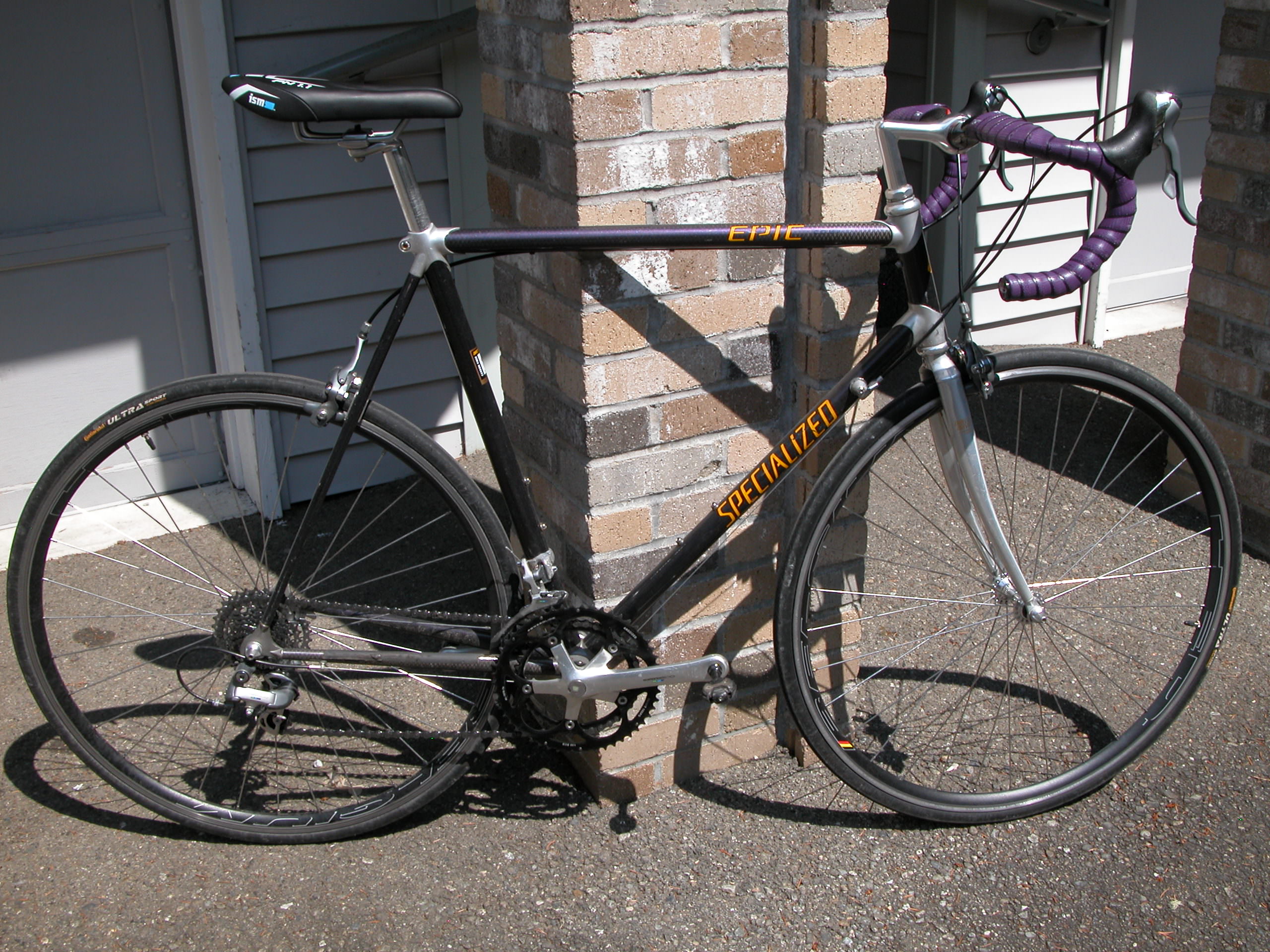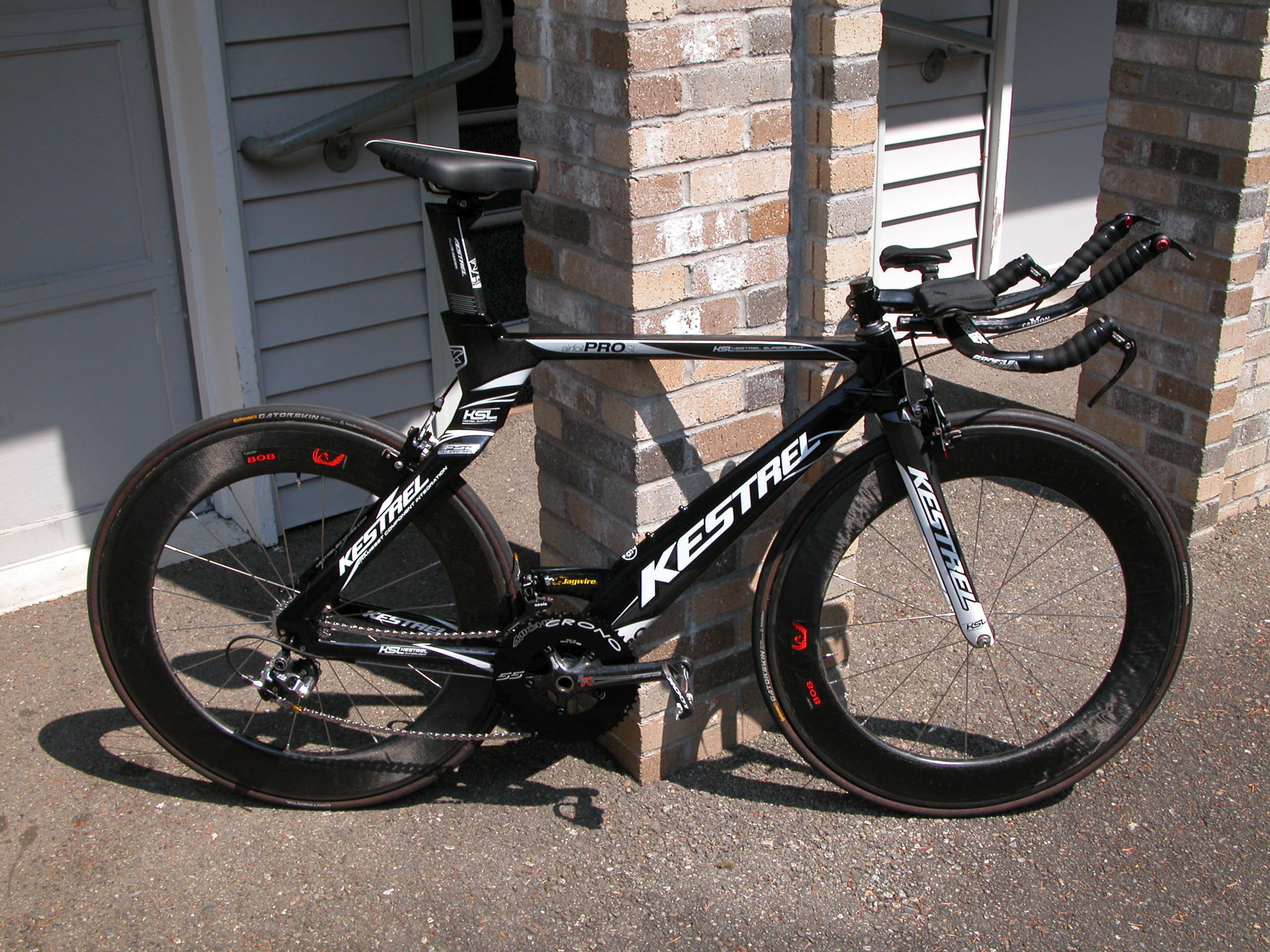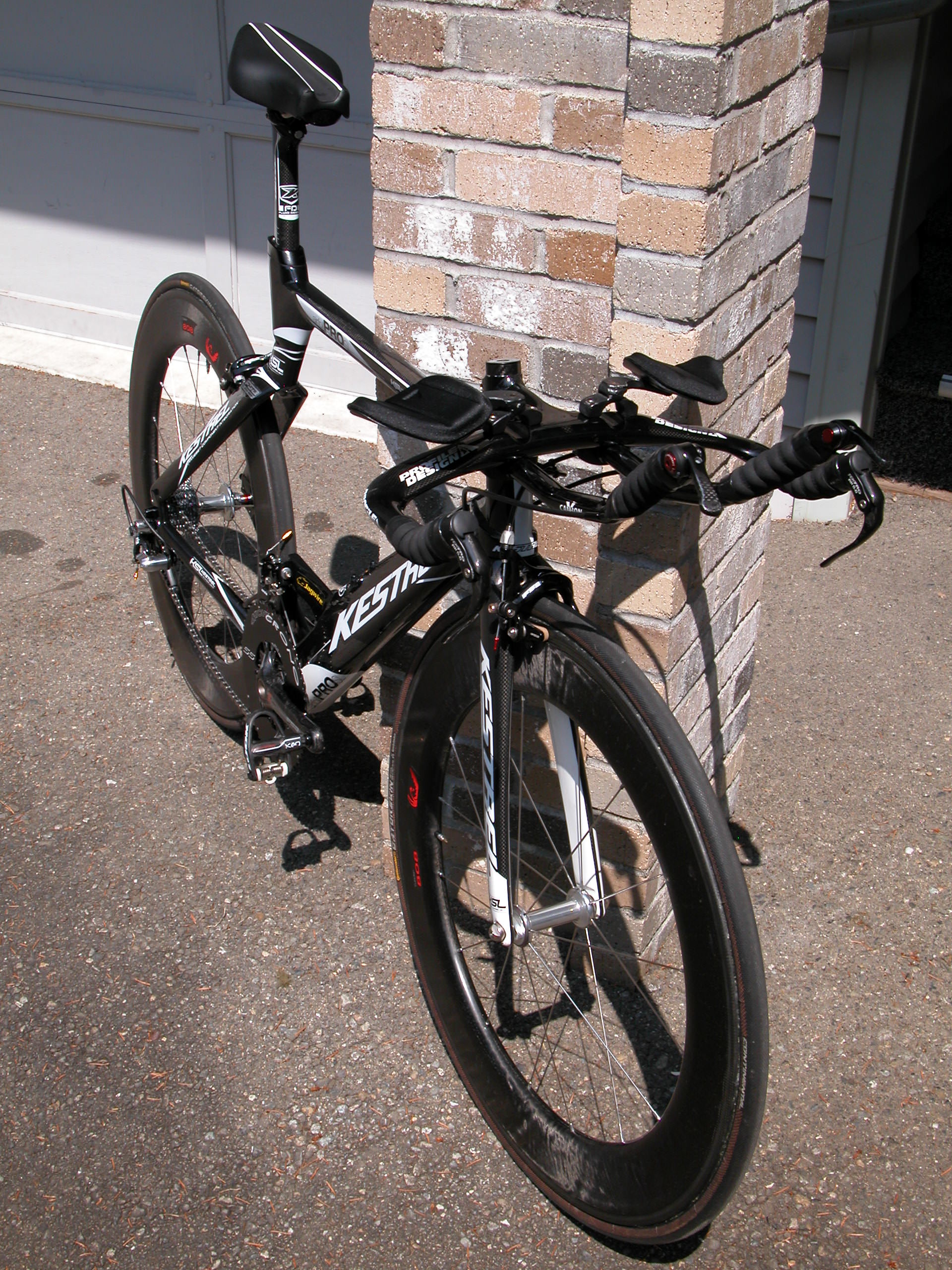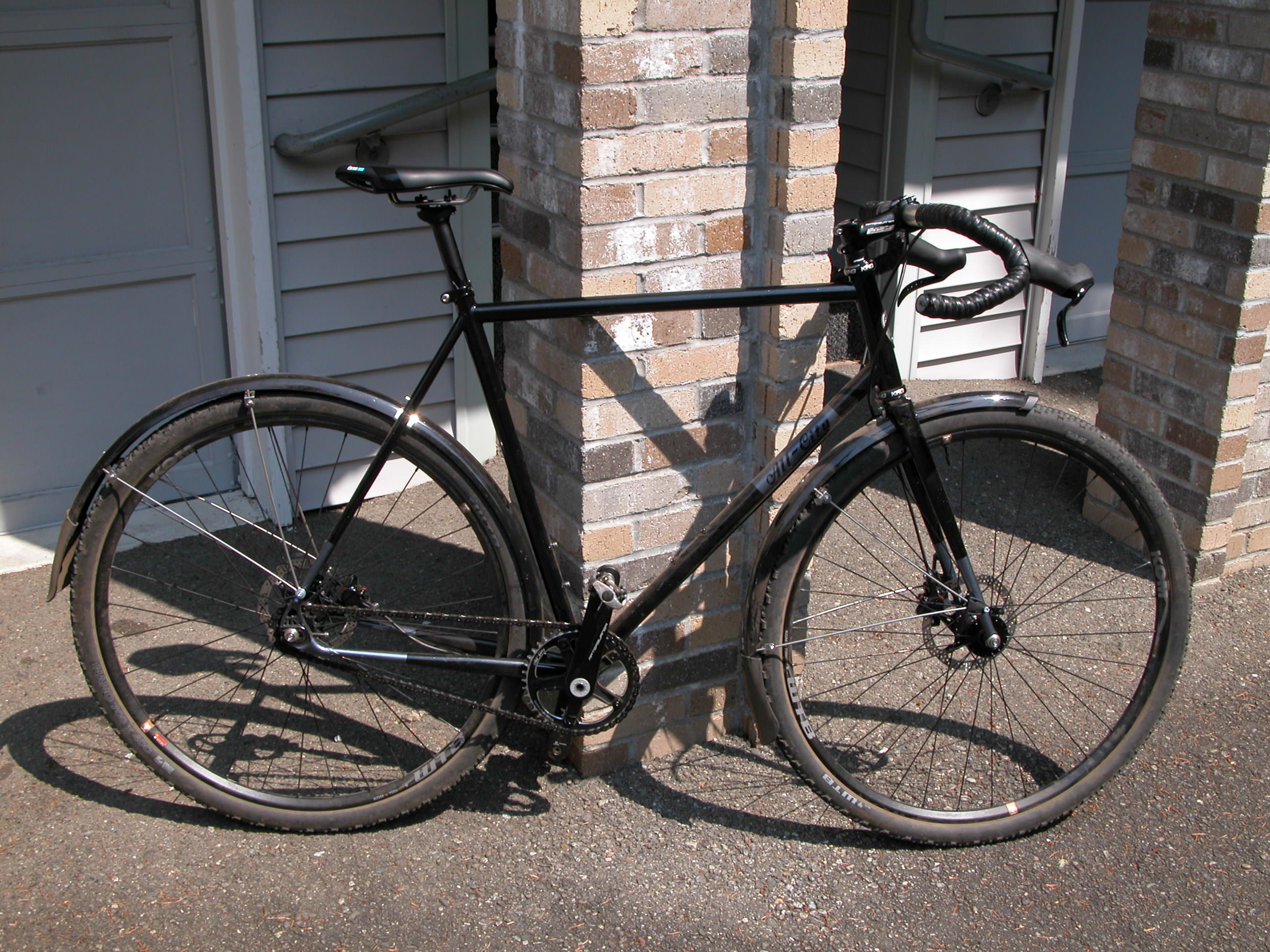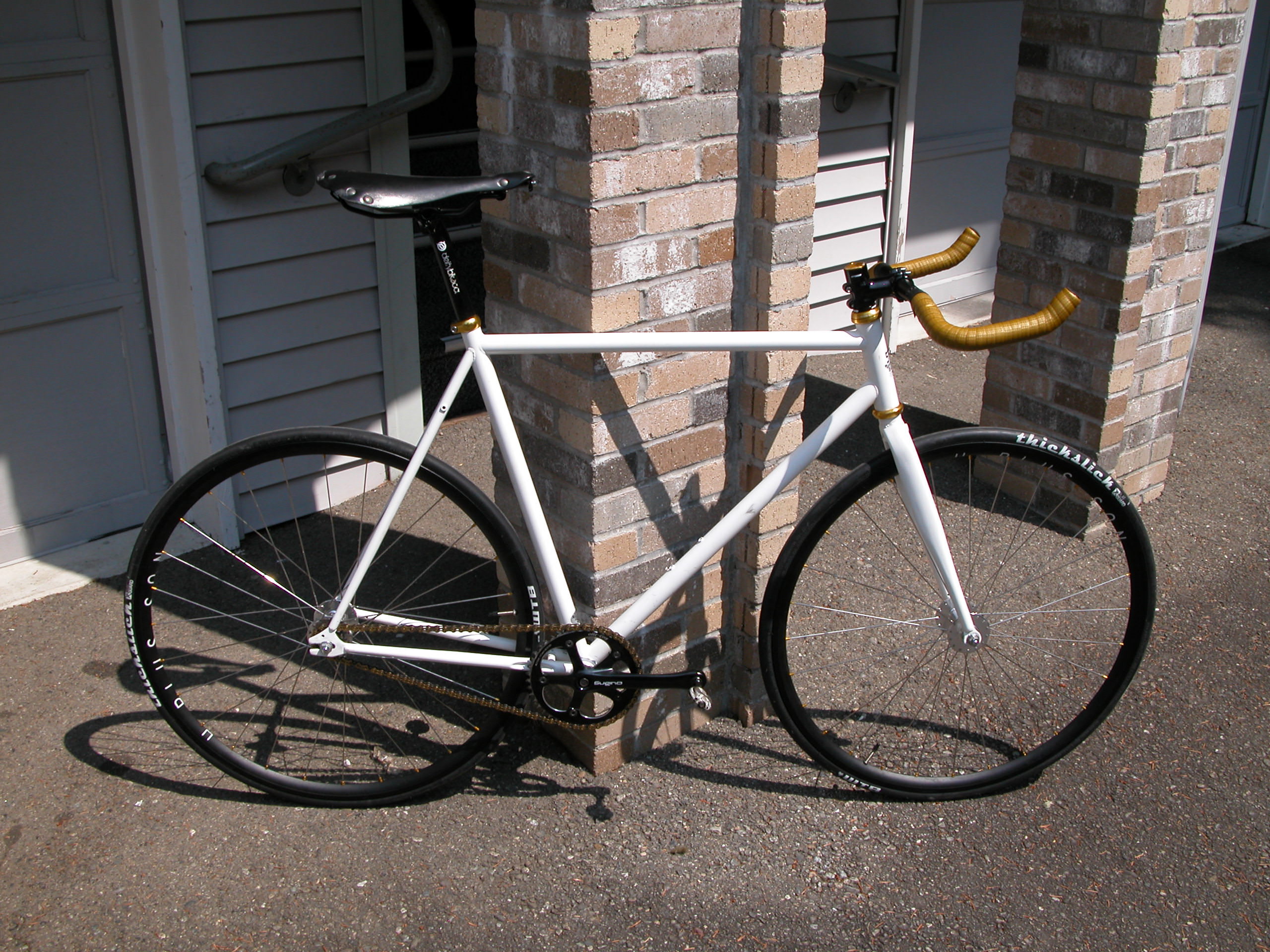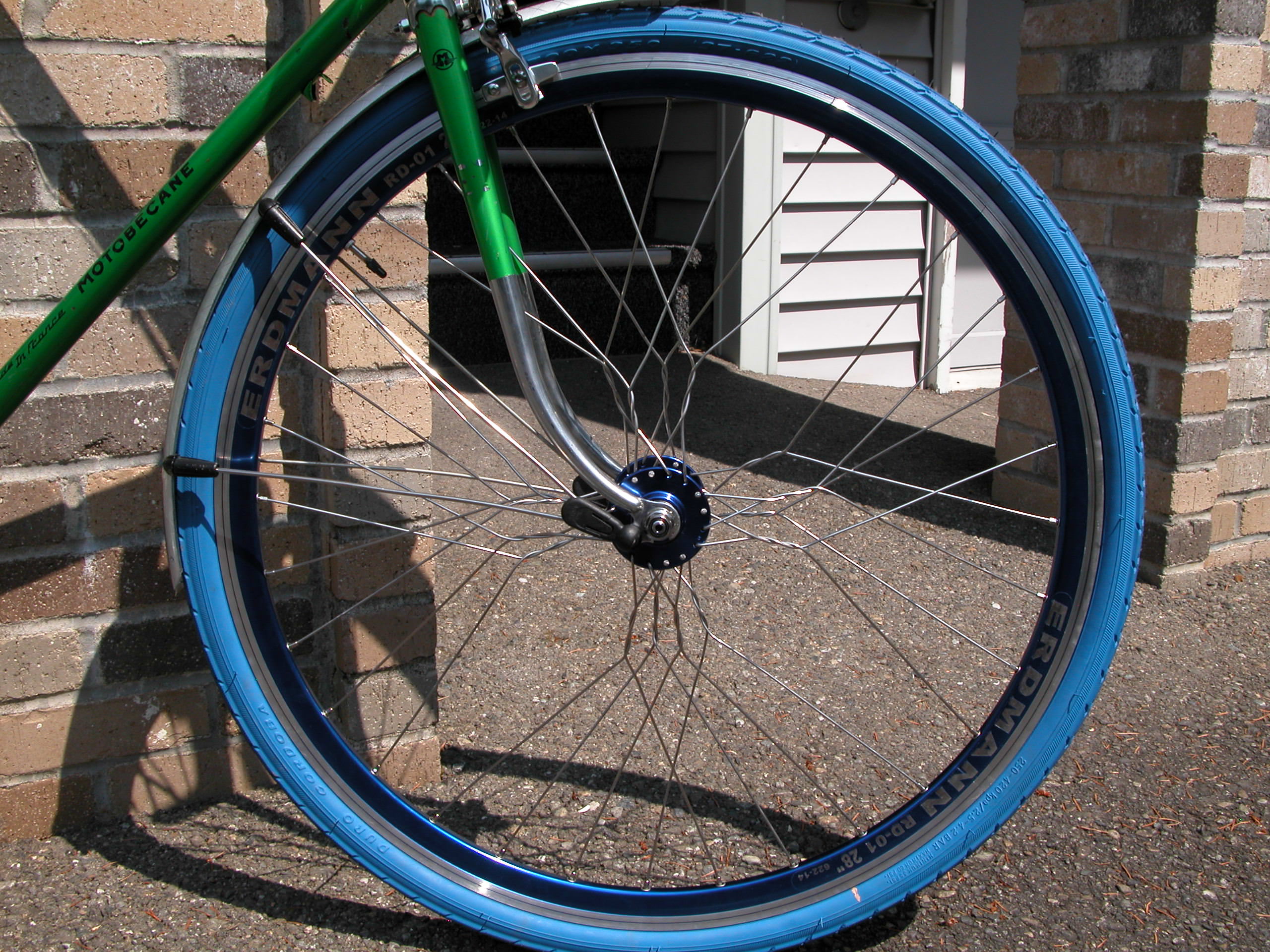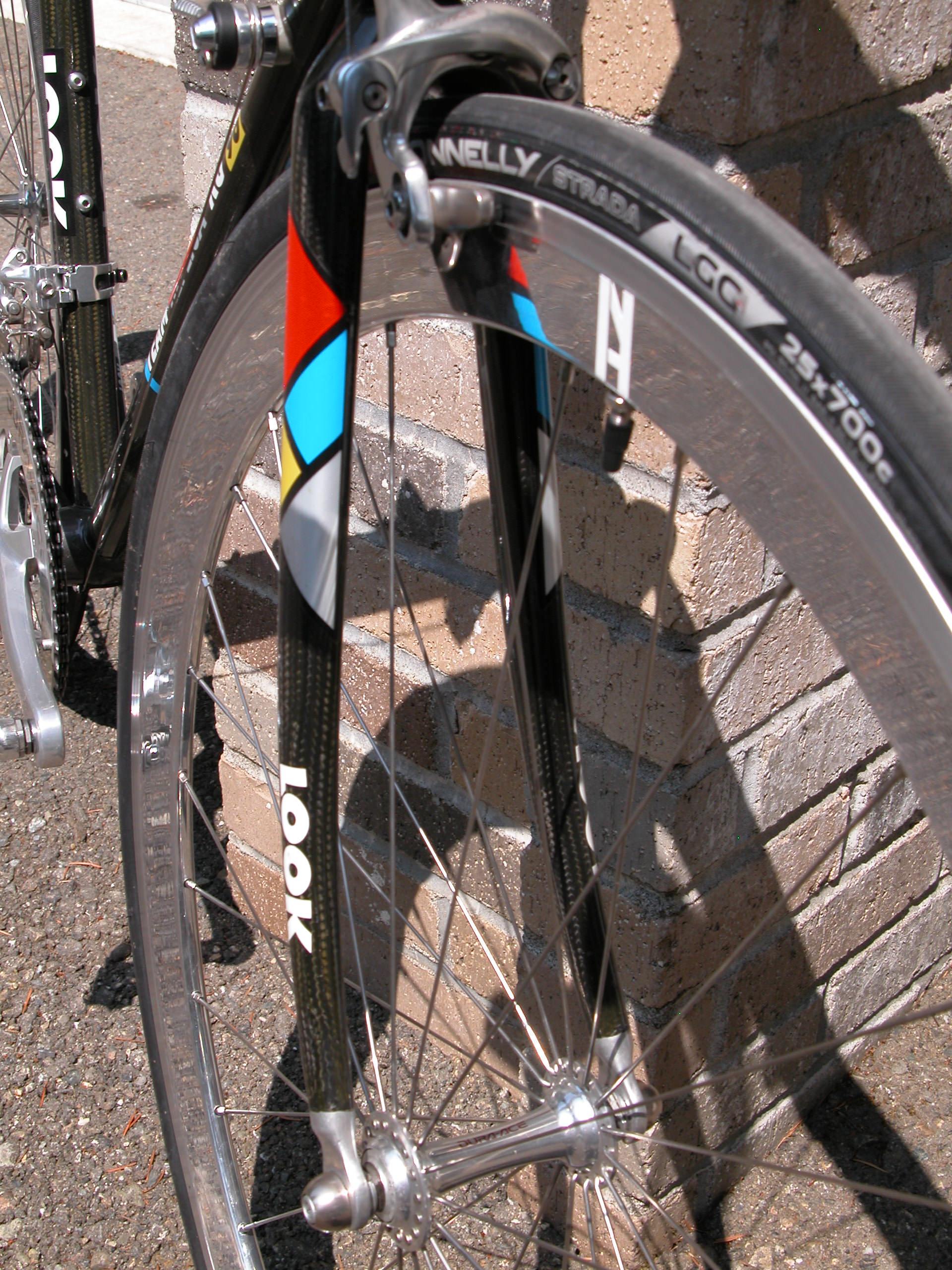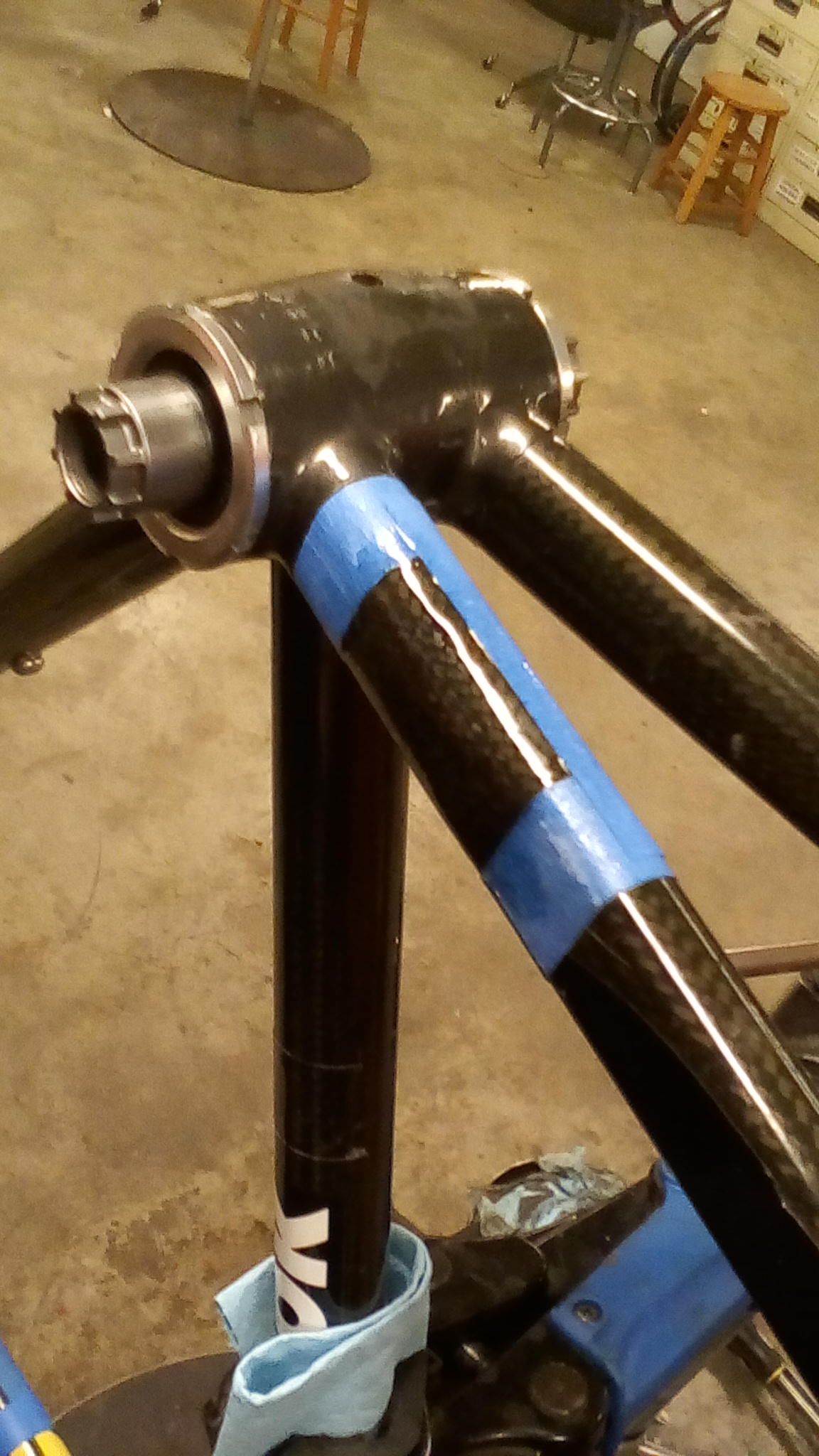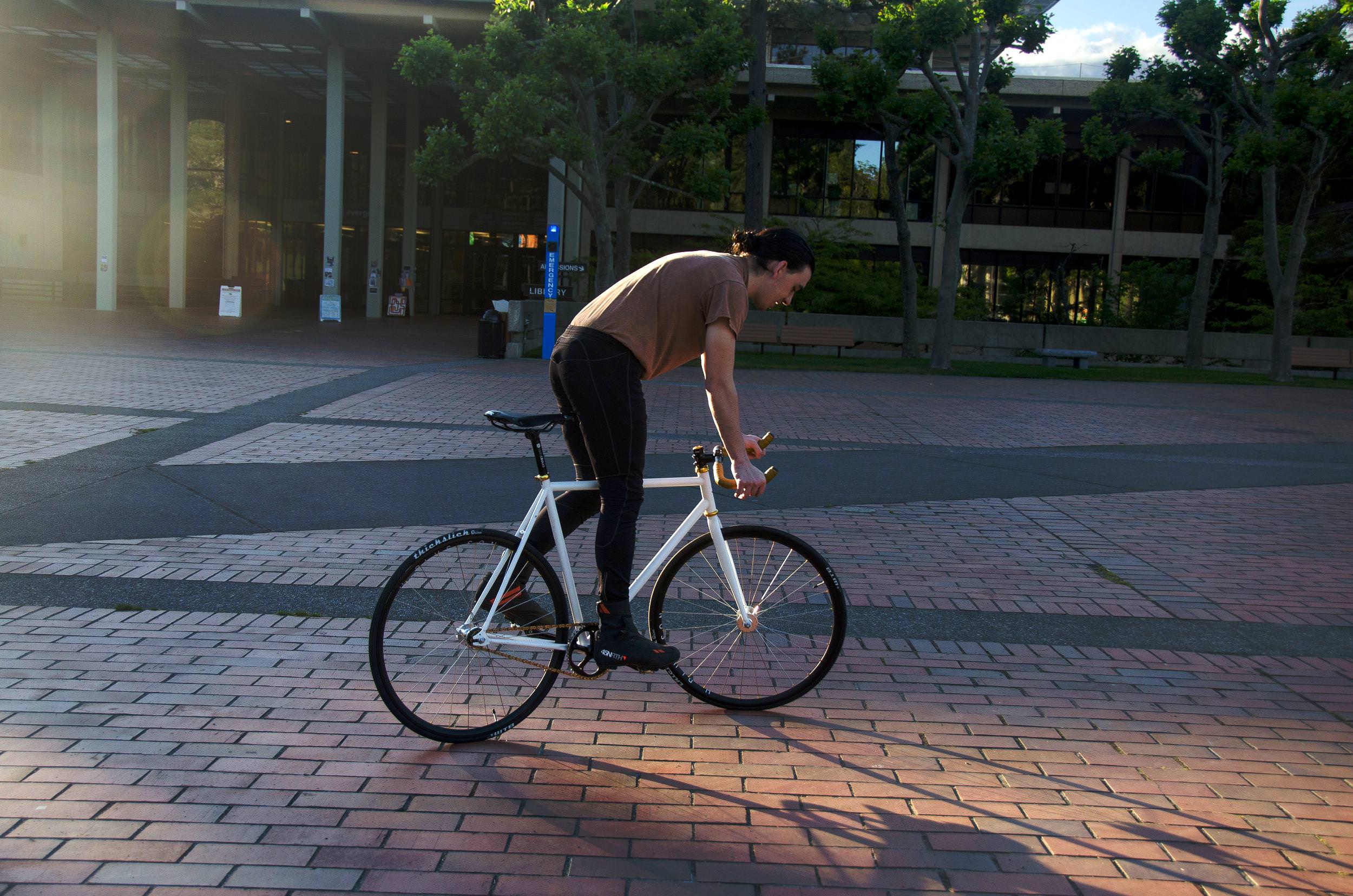If you're reading this, it is probably because you are either (a) a friend of mine, (b) considering hiring me, or (c) interested in using some of my work for your own work. As such, this website will serve primarily as a place to collect various personal and collaborative endeavours from over the years, and create one central curation. In addition, my hope is all works collected here will eventually encode Creative Commons licenses to encourage their use by the general public. Beyond that, it will serve as a platform for the dissemination of curiosity, both practical and abstract.
This Readme consists mostly of words, probably* words like "programmer", "creator", or maybe "just a really great all-around rad dude", if that's your flavor. Function covers work relating to programming, mechanical design, and computation. Aesthetic includes works in the visual, literary, and musical arts. Miscellanea is, I believe, self-explanitory.
* not actually
HelioSeven. Drew Barnett. Originally born in 1992, on the eastern seaboard of the US, but grew up in and considers self native to Seattle, WA. Adventurer, ex-hippie, good-timer (weirdo? quite possibly), occasionally manic self-publicist, terrible bad at casual grammars, and generally thought to be completely out to lunch. Owns too many bicycles, worries about it occasionally, but then somehow always finds reasons to build more. May know a thing or two about what's really going on, but won't admit to it.
If pressed to say something more serious about myself, I will say that foremost I am a learner; by extension I am also engaged in meta-learning, of both mechanical and organic systems. I worked for several years in the public school system, and learned a lot about at-scale institutional practices in both pedagogy and assessment of today's children. I studied for several years at Evergreen earning my degree, and learned a great deal about the history and theory of computing and automation. And for every day that I live, I will be exploring my unknown, chatting up strangers, and creating new things, because I deeply and profoundly believe in John Dewey's "full meaning of the present life" being embodied with each and every day.
As a final word, anyone taking the time to read this or look through any part of this website already has a special place in my heart. Please do poke around, and I hope you find something interesting.
If you don't already have some other form of contact with me, an email would do nicely!
This website was written with basic HTML5 and CSS3, intentionally avoiding any scripting languages. As with all things on the web, it is a constant work in progress. You can view the source code either by using your browser's inspector, or by checking out the repository.
An Angular Adventure is the working title of a 2D run-and-jump platformer game. AAA coalesced into a meaningful project in mid-2015, but has its origins in a series of collaborative artworks produced by my best friend and I, stretching back to high school in the late 2000s (see Aesthetic > AAA). The game is being built on the Unity engine, and we have a public repository available. Below are a couple of early development screenshots showing the basic concept of the game:
I teach regularly with the Seattle Go Center, both about the game itself and machine learning programming in relation to Go bots. In Dec of 2018, the authors of the open-source betago program published a book (available from Manning), and we've since then been using a fork of the author's repository as a toolkit and playground for teaching ML at the Go Center. As a simple example, I have built a sample Heroku app to run a naive prediction agent from a small CNN (<1M params) trained on a thousand semi-randomly chosen human games from a popular online server, KGS. If you play Go, you will quickly find this bot is not actually very strong; a few common moves however, will reveal that it does play things that look interestingly like joseki. Try it out:
Digital Media Academy
In the summer of 2019, I taught introductory ML and AI to a group of teenagers through DMA's summer camp programs. While having to deal with an extremely wide range in student's ability and a less than entirely coherent curriculum, I was nonetheless incredibly proud of what the students were able to accomplish in such a limited time span. Our work focused on data mining large data sets (mostly from Kaggle) and AI experimentation in OpenAI's gym environments; both my sample code and student's work were collected in a repository. The .gif below is a small illustration, the successful completion (after approximately 7k episodes) of the Lunar Lander game by a DQN agent:
